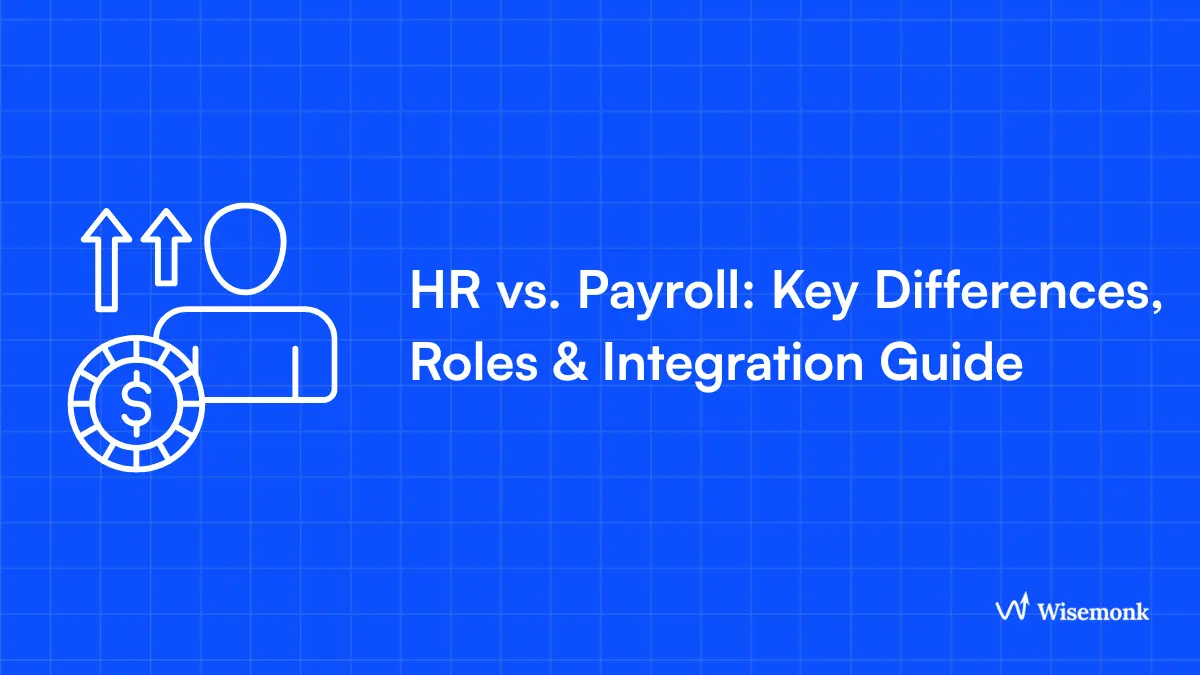- Fully managed payroll handles all compliance, statutory deductions (EPF, ESI, TDS), and tax filings for Indian employees
- Companies save 40-60% on setup costs and 15-20 hours weekly using outsourced vs. in-house payroll management
- Pricing ranges from $85-$599 per employee monthly; specialized India providers offer better value than global alternatives
- Services include tax optimization helping employees save up to ₹40,000 annually through strategic salary structuring
- EOR providers like Wisemonk enable rapid market entry without entity setup, reducing compliance risks significantly
- Key compliance areas: EPF contributions (12% each), ESI for eligible employees, state-specific professional tax, and TDS calculations
Q1: What is fully managed payroll and how does it work in India? [toc=Definition and Process]
Fully managed payroll is a comprehensive service where a third-party provider handles all aspects of payroll processing, tax compliance, and statutory requirements on behalf of a business. In our experience helping 100+ global companies expand into India, we've observed that this service goes beyond simple salary calculations to encompass the entire payroll ecosystem, from employee onboarding documentation to final settlement processing.
How Fully Managed Payroll Works in India:

Setup and Integration Phase:
The process begins with the payroll provider integrating with your existing systems and collecting essential employee data, including personal details, bank account information, PAN numbers, and salary structures. We ensure all necessary registrations are completed, including TAN (Tax Deduction and Collection Account Number) for TDS purposes and registrations with EPFO and ESIC through our India employment compliance services.
Monthly Processing Cycle:
Each pay period follows a structured three-stage process:
- Pre-payroll: Collection of attendance data, leave records, and any salary revisions
- Actual processing: Calculation of gross salaries, statutory deductions (PF, ESI, TDS), and net pay computation
- Post-payroll: Salary disbursement, payslip generation, and statutory compliance filings
Payment Distribution and Compliance:
The provider handles salary disbursement through secure electronic transfers like NEFT or RTGS, generates detailed payslips, and manages all statutory filings including Form 24Q for TDS returns and EPF/ESI contributions. In our understanding, this comprehensive approach ensures businesses can focus on core operations while maintaining full compliance with Indian labor laws through professional payroll management solutions.
Q2: What services are included in fully managed payroll solutions? [toc=Service Components]
A comprehensive fully managed payroll solution encompasses multiple interconnected services that ensure smooth payroll operations and regulatory compliance. Based on our research and experience, here are the core services included:
Payroll Processing Services:
- Accurate salary calculations including basic pay, allowances, bonuses, and overtime compensation
- Statutory deduction management for Provident Fund (12% contribution), Employee State Insurance (3.25% employer, 0.75% employee), and Professional Tax
- Tax Deducted at Source (TDS) calculations based on current income tax slabs and employee declarations
- Generation and distribution of detailed payslips within regulatory timelines
Compliance Management:
- Registration and maintenance with statutory bodies (EPFO, ESIC, Income Tax Department)
- Timely filing of returns including Form 24Q (TDS), Form 27A (Professional Tax), and monthly EPF/ESI contributions
- Adherence to Payment of Wages Act ensuring salaries are paid before the 7th (companies <1000 employees) or 10th (companies >1000 employees) of each month
- Minimum wage compliance across different states and industries through specialized legal compliance services
Employee Benefits Administration:
We've found that modern payroll solutions also include comprehensive benefits management:
- Flexible Benefits Plans (FBP) allowing employees to customize salary components for tax optimization
- Leave and attendance tracking with integration to payroll calculations
- Gratuity management for employees with 5+ years of service
- Health insurance and life insurance administration
Technology and Reporting:
- Employee self-service portals for accessing payslips, tax documents, and investment declarations
- Real-time payroll analytics and customizable reporting
- Secure record-keeping and audit trail maintenance through advanced HR consulting platforms
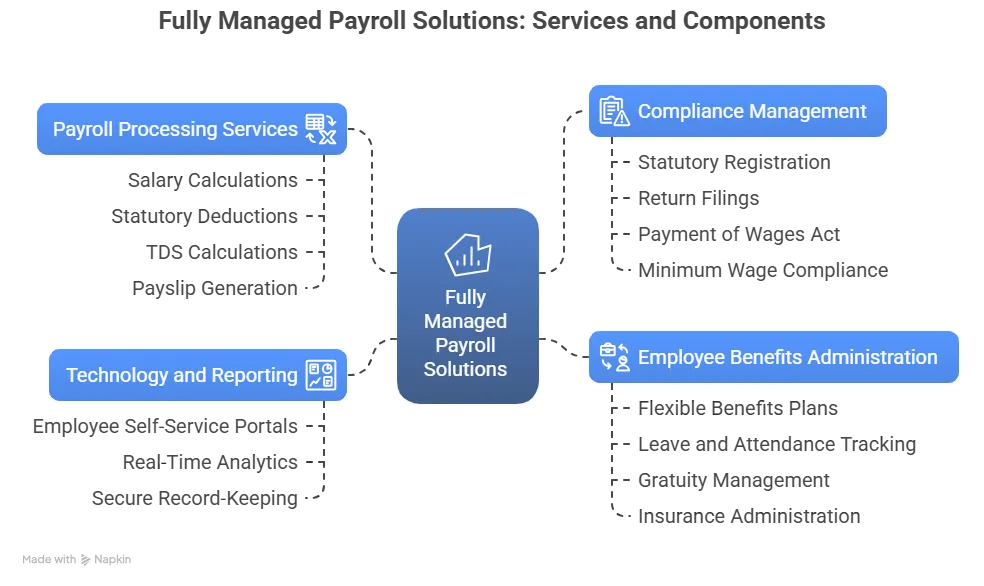
Q3: How does fully managed payroll ensure compliance with Indian labor laws? [toc=Compliance Framework]
Ensuring compliance with Indian labor laws is perhaps the most critical aspect of fully managed payroll services. In our experience guiding international companies through India's complex regulatory landscape, we've identified several key mechanisms that ensure comprehensive compliance:
Multi-Layered Legal Framework Adherence:
India's payroll compliance framework operates across four primary areas:
- Employee Salaries and Benefits: Payment of Wages Act 1936, Minimum Wages Act 1948, Payment of Bonus Act 1965, and Maternity Benefit Act 1961
- Social Security Contributions: EPF Act 1952, ESI Act 1948, Payment of Gratuity Act 1972, and Labour Welfare Fund Act 1965
- Tax Liabilities: Income Tax Act 1961 (TDS provisions) and state-specific Professional Tax regulations
- Industrial Relations: Industrial Disputes Act and Trade Unions Act
Automated Compliance Monitoring:
Modern payroll systems automatically calculate statutory contributions and ensure timely deposits. For instance, EPF contributions (12% each from employer and employee) are automatically computed, with the employer's share split between EPF (3.67%) and Employee Pension Scheme (8.33%). Similarly, ESI contributions are calculated for employees earning below the prescribed threshold, with automatic compliance checks built into our EOR services platform.
State-Specific Compliance Management:
We've observed that one of the biggest challenges for businesses is managing varying state regulations. Professional Tax rates differ significantly across states - for example, Maharashtra has different slabs compared to Tamil Nadu. Fully managed payroll providers maintain updated databases of all state-specific requirements and automatically apply the correct rates based on employee location.
Audit Trail and Documentation:
Comprehensive record-keeping ensures businesses are prepared for government audits and inspections. This includes maintaining detailed documentation of all salary calculations, tax deductions, statutory filings, and employee benefit distributions through sophisticated contract management systems. Regular internal audits help identify and correct potential compliance gaps before they become legal issues.
Q4: What are the key benefits of using fully managed payroll services in India? [toc=Key Benefits]
Utilizing fully managed payroll services in India delivers significant operational and strategic advantages that we've observed across our 100+ client engagements. These benefits extend far beyond simple cost savings to encompass risk mitigation, operational efficiency, and strategic business enablement.
Rapid Market Entry and Operational Efficiency:
Fully managed payroll services enable companies to establish operations in India without the traditional 3-4 month entity setup process. We've seen companies reduce their market entry time by up to 70%, allowing them to capitalize on opportunities and secure top talent before competitors. Our clients report saving an average of 20 hours per week on HR administration tasks, freeing leadership to focus on core business growth.
Comprehensive Compliance and Risk Mitigation:
One of the most significant benefits is the elimination of compliance risks associated with India's complex regulatory landscape. Companies using fully managed payroll services avoid potential penalties that can exceed $10,000 per violation for non-compliance with Indian labor regulations. The service ensures adherence to multiple statutory requirements including EPF contributions (12% each from employer and employee), ESI contributions, TDS calculations, and state-specific professional tax variations.
Cost Optimization and Financial Benefits:
Direct Cost Savings:
- Initial setup cost savings of $20,000-$40,000 compared to establishing a local entity
- Annual maintenance expense reduction of $15,000-$30,000
- Overall employment cost reduction of 65-75% for small teams
Employee Tax Optimization:
We've implemented specialized tax optimization strategies that can increase employee take-home pay by 15-20% through strategic compensation structuring. Our employee onboarding process includes Flexible Benefits Plan setup that allows employees to save up to ₹40,000 annually through tax-efficient salary components including meal cards, fuel allowances, and other reimbursements.
Access to Local Expertise and Technology:
Fully managed payroll providers offer deep knowledge of Indian business culture, employment practices, and market conditions that global companies often lack. This includes understanding regional variations in labor laws, cultural nuances in employee engagement, and market-standard compensation benchmarks.
Q5: How much does fully managed payroll cost and how to choose the right provider? [toc=Cost & Selection]
Understanding the cost structure and selection criteria for fully managed payroll services is crucial for making informed business decisions. In our experience, pricing models vary significantly based on service scope, employee count, and provider specialization.
Pricing Structure Analysis:
Monthly Fee Models:
Most providers operate on a per-employee monthly fee structure. Based on our research, pricing ranges from budget options at $85-99 per employee monthly to premium global providers charging $599+ for the same services. We offer transparent pricing starting at $99 per employee per month for salaries up to INR 12,00,000, scaling to $189 for mid-range salaries and $249 for senior positions.
Additional Cost Considerations:
- FX markup charges (industry average 2-3% vs. our <0.6% rate)
- Setup fees (many providers charge $500-2000 initial setup)
- Equipment procurement and management fees
- Benefits administration charges
- Compliance filing fees
Annual vs. Monthly Billing:
Many providers offer annual billing discounts. For example, our annual plans provide significant savings with rates of $999, $1899, and $2499 respectively for the same salary bands mentioned above.
Key Selection Criteria for Choosing the Right Provider:
Compliance Expertise and Track Record:
Evaluate the provider's experience with Indian labor laws, their compliance track record, and their ability to handle multi-state operations. Look for providers who demonstrate deep understanding of EPF regulations, ESI requirements, and state-specific professional tax variations.
Technology Platform and User Experience:
Assess the provider's technology infrastructure including:
- Employee self-service portals for accessing payslips and tax documents
- Real-time reporting and analytics capabilities
- Integration capabilities with existing HR systems
- Mobile accessibility for remote workforce management
Service Scope and Scalability:
Consider whether the provider offers comprehensive services beyond basic payroll:
- Recruitment and talent sourcing support
- Equipment procurement and management
- Background verification services
- Contract management capabilities
- Benefits administration and optimization
Local Support and Response Times:
Evaluate the provider's local presence in India, their customer support quality, and response times for issue resolution. We maintain India-based HR consulting teams with intimate knowledge of local workplace culture and regulations.
Q6: How can Wisemonk's fully managed payroll services help your business expansion in India? [toc=Wisemonk Solutions]
As your Employer of Record (EOR) and payroll partner, we provide a comprehensive solution that goes beyond traditional payroll processing to enable seamless business expansion into India. Our specialized focus on the Indian market allows us to deliver services that are both cost-effective and deeply compliant with local regulations.
Comprehensive Service Portfolio:
End-to-End Employment Solutions:
We act as the legal employer for your workforce in India, handling all aspects of employment including hiring, onboarding, payroll management, benefits administration, and compliance. This eliminates the need to establish a local entity, reducing setup costs by $20,000-$40,000 and ongoing maintenance expenses by $15,000-$30,000 annually.
Advanced Payroll and Tax Optimization:
Our EOR services include sophisticated tax optimization strategies that can increase employee take-home pay by 15-20% through strategic compensation structuring. We manage all statutory deductions including EPF (12% contribution), ESI (3.25% employer, 0.75% employee), and Professional Tax across different states. Our Flexible Benefits Plan enables employees to save up to ₹40,000 annually through tax-efficient components.
Technology-Driven Efficiency:
We provide a comprehensive SaaS platform that manages all aspects of employment and payroll in one place. This includes employee self-service portals, real-time reporting, automated compliance tracking, and seamless integration capabilities. Our 2-day onboarding process is significantly faster than the industry standard of 5-7 days.
Competitive Advantages and Value Proposition:
Cost Leadership:
At $99 per employee monthly, we offer the most affordable EOR services for India, significantly undercutting global EOR providers while maintaining superior service quality. Our industry-lowest FX markup of <0.6% ensures maximum value for your payroll budget.
Specialized Local Expertise:
Our India-exclusive focus provides unmatched knowledge of local employment laws, cultural nuances, and market practices. We maintain dedicated India-based HR support teams who understand regional variations in labor laws and can provide relevant guidance for your specific business needs.
Comprehensive Equipment and Infrastructure Support:
We handle all aspects of equipment procurement and management for your Indian workforce, from laptop delivery to inventory tracking and secure retrieval. This eliminates cross-border logistics challenges and ensures your remote teams are productive from day one.
Additional Strategic Services:
Beyond payroll, we provide end-to-end talent sourcing and recruitment, background verification, GCC setup support, and contract management. This comprehensive approach allows you to build and scale your Indian operations efficiently while maintaining focus on core business objectives.
Proven Track Record:
With over 100 clients and top ratings on G2, we've demonstrated our ability to help global companies successfully expand into India while maintaining full compliance and operational efficiency. Our transparent processes and dedicated support ensure a smooth expansion journey for businesses of all sizes.
This comprehensive guide demonstrates how fully managed payroll services, particularly through specialized providers like Wisemonk, can transform your India expansion strategy from a complex compliance challenge into a streamlined growth enabler.
Frequently asked questions
What are the two types of payroll?
Payroll systems are typically categorized as in-house or outsourced. In-house payroll involves internal staff managing all payroll calculations, tax compliance, and payments using software or manual processes. Outsourced payroll transfers these responsibilities to external providers who handle everything from salary calculations to statutory filings. We've observed that most growing companies transition from in-house to outsourced payroll management as compliance complexity increases with business expansion.
What is PMS in payroll?
PMS stands for Payroll Management System - a comprehensive software solution that automates employee compensation processing. A robust PMS handles salary calculations, statutory deductions, tax compliance, and payment distribution while maintaining detailed records. Modern systems include employee self-service portals, real-time reporting, and integration capabilities. In our experience, cloud-based PMS solutions offer the best scalability and compliance features for companies expanding into India.
How does HR manage payroll?
HR manages payroll through a structured seven-step process: employee data collection, time tracking, payroll calculation, approval workflows, payment distribution, tax filing, and record-keeping. This involves coordinating with finance teams, ensuring compliance with labor laws, and maintaining accurate employee records. However, many HR departments find managing complex statutory requirements challenging, which is why outsourcing to specialized providers often proves more efficient.
What is the best way to do payroll?
The optimal payroll approach depends on company size, complexity, and resources. Small businesses may start with basic software, while growing companies benefit from comprehensive managed services. Key factors include accuracy, compliance assurance, cost-effectiveness, and scalability. We recommend evaluating automated solutions that handle statutory requirements, offer employee self-service features, and provide real-time reporting. For India operations, partnering with local compliance experts ensures regulatory adherence.
What do you mean by payroll services?
Payroll services refer to third-party solutions that handle employee compensation processing on behalf of businesses. These services encompass salary calculations, tax withholdings, statutory compliance, payment distribution, and record-keeping. They eliminate manual processes, reduce errors, and ensure regulatory compliance. Services range from basic payroll processing to comprehensive solutions including benefits administration, time tracking, and employee self-service portals, significantly reducing administrative burden for growing companies.
What is an example of payroll?
A typical payroll example includes an employee's monthly salary of ₹50,000, from which statutory deductions are calculated: EPF contribution (₹6,000), ESI (₹375), Professional Tax (₹200), and TDS (₹3,000), resulting in net pay of ₹40,425. The employer simultaneously contributes matching amounts to EPF and ESI. This process involves generating payslips, maintaining compliance records, and ensuring timely payment distribution while adhering to Indian labor regulations.
What are the key benefits of using fully managed payroll services in India?
Benefits include rapid market entry without entity setup delays, significant cost savings compared to in-house payroll, comprehensive compliance with Indian labor laws, risk mitigation against penalties, employee tax optimization through smart salary structuring, and access to local expertise and advanced payroll technology.
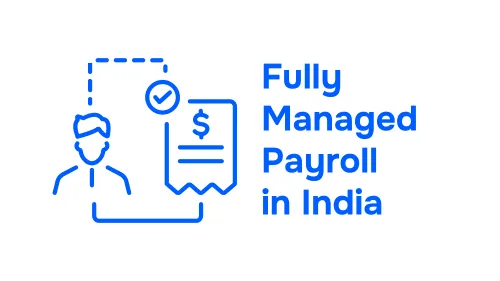

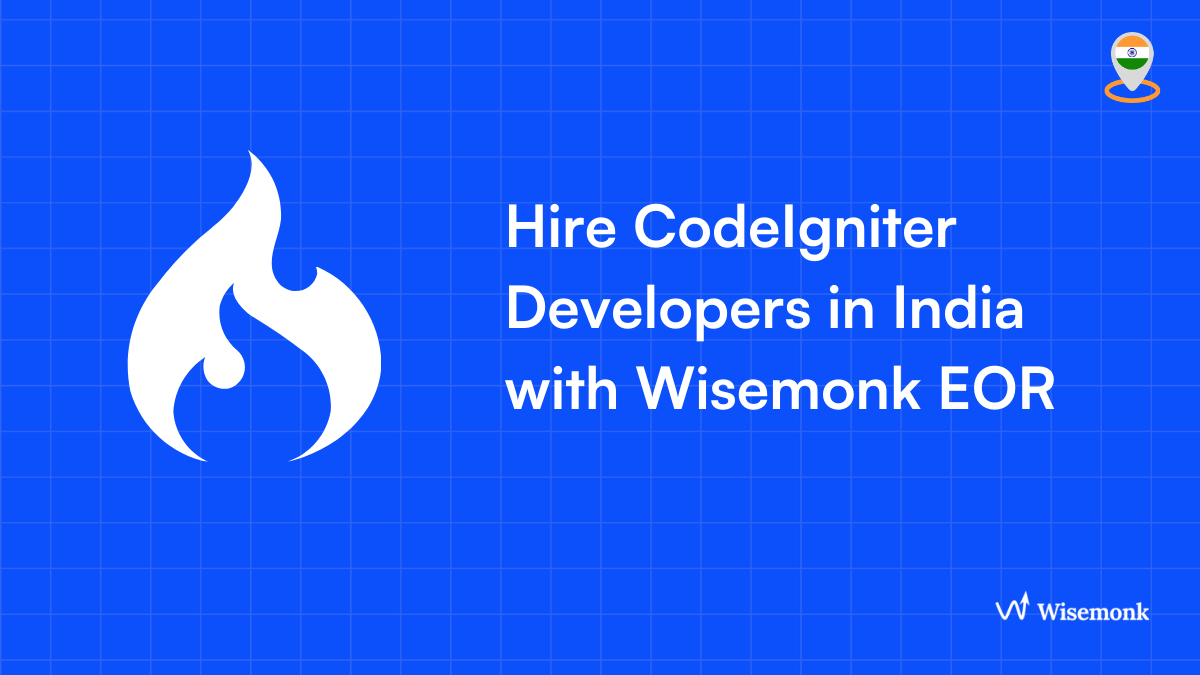
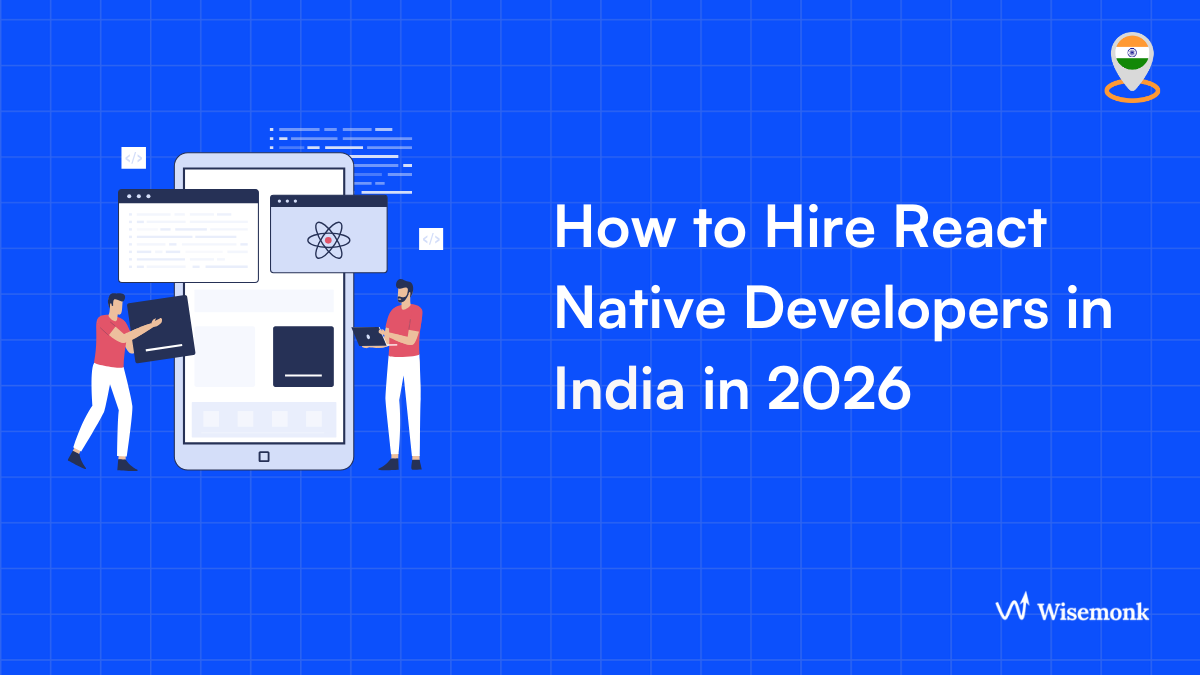
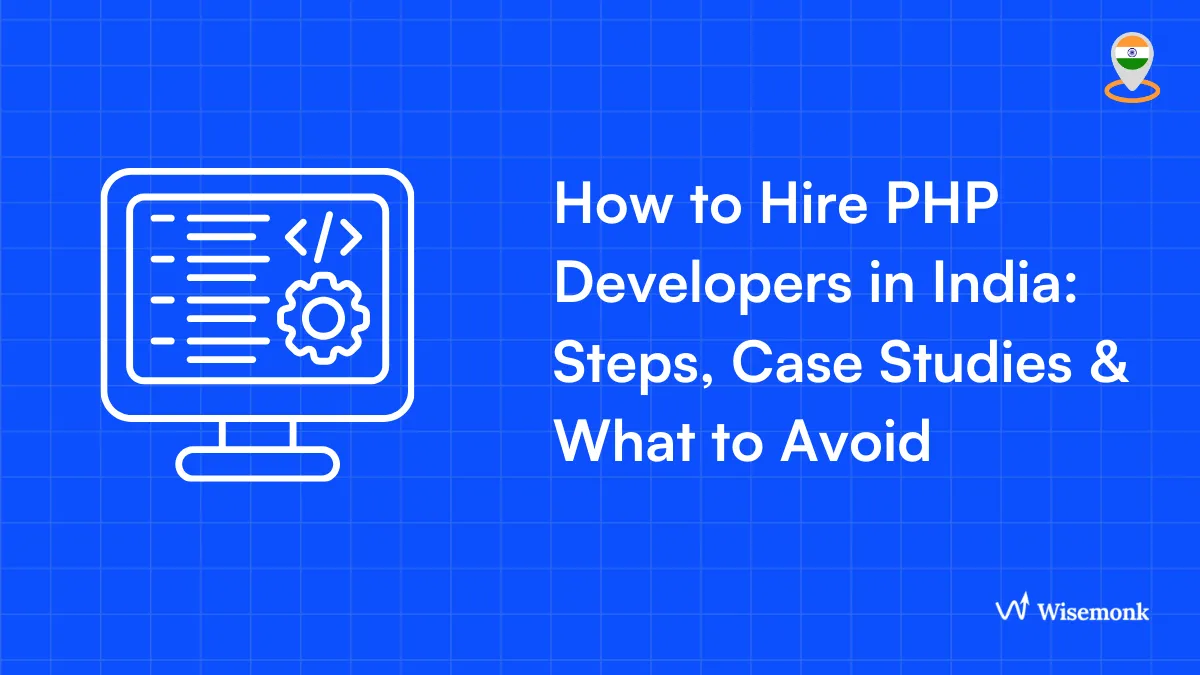
.webp)
.webp)

.webp)
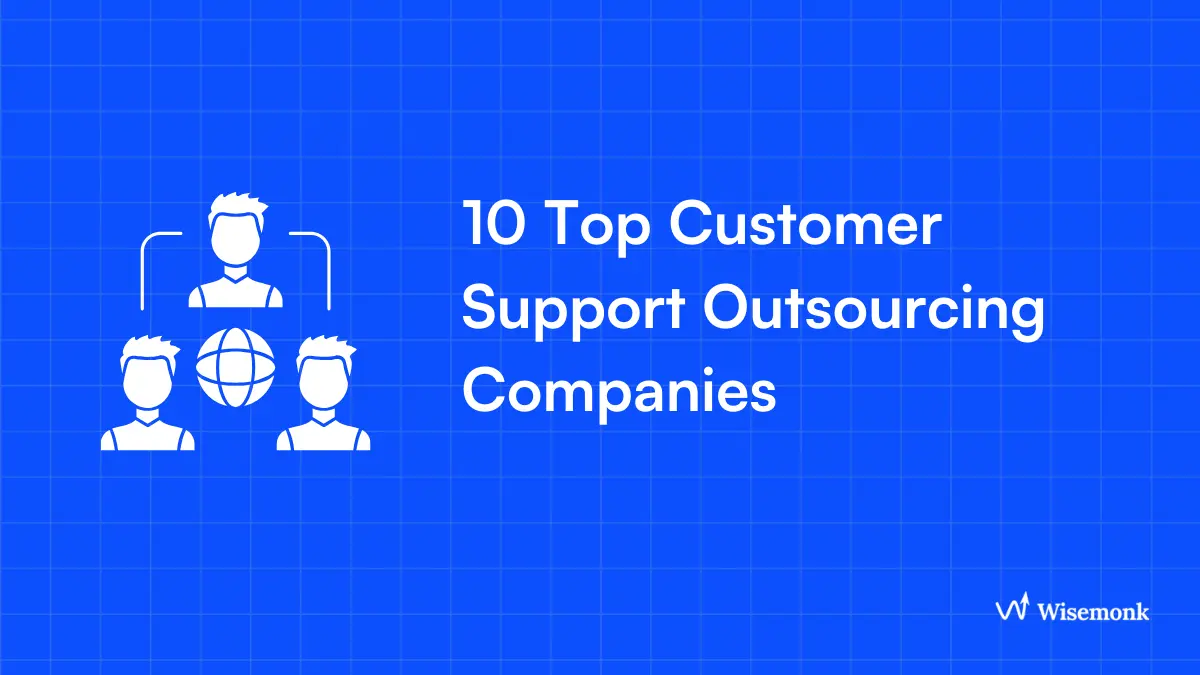
.webp)

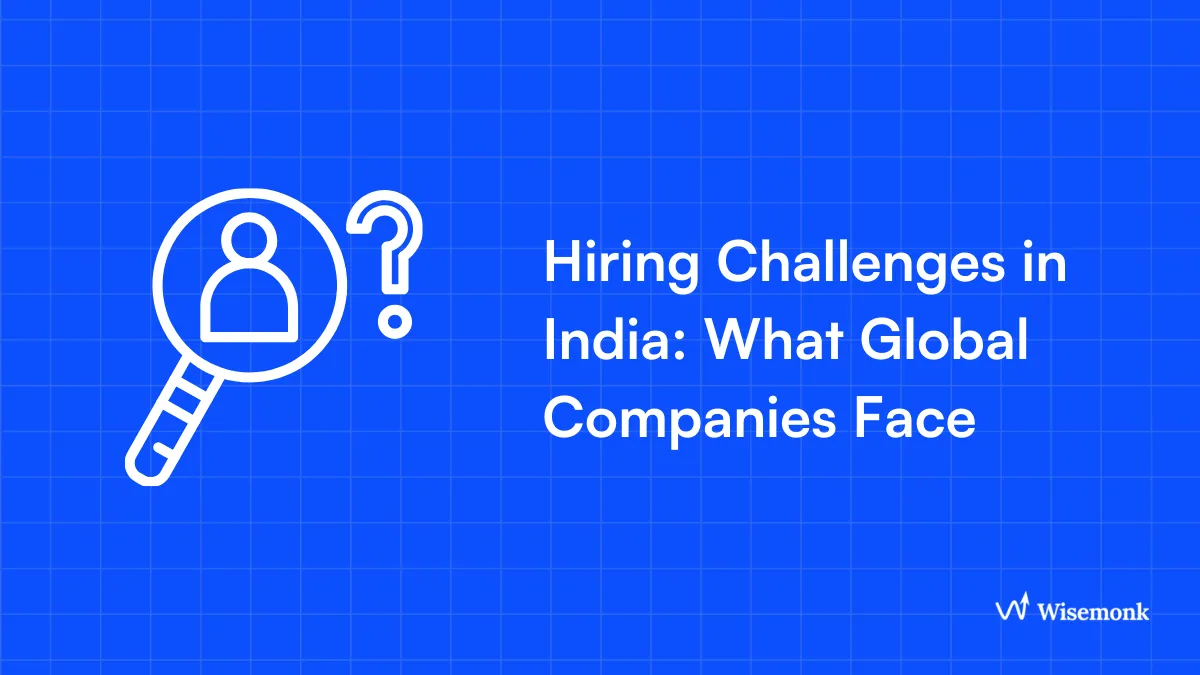

.webp)
.webp)
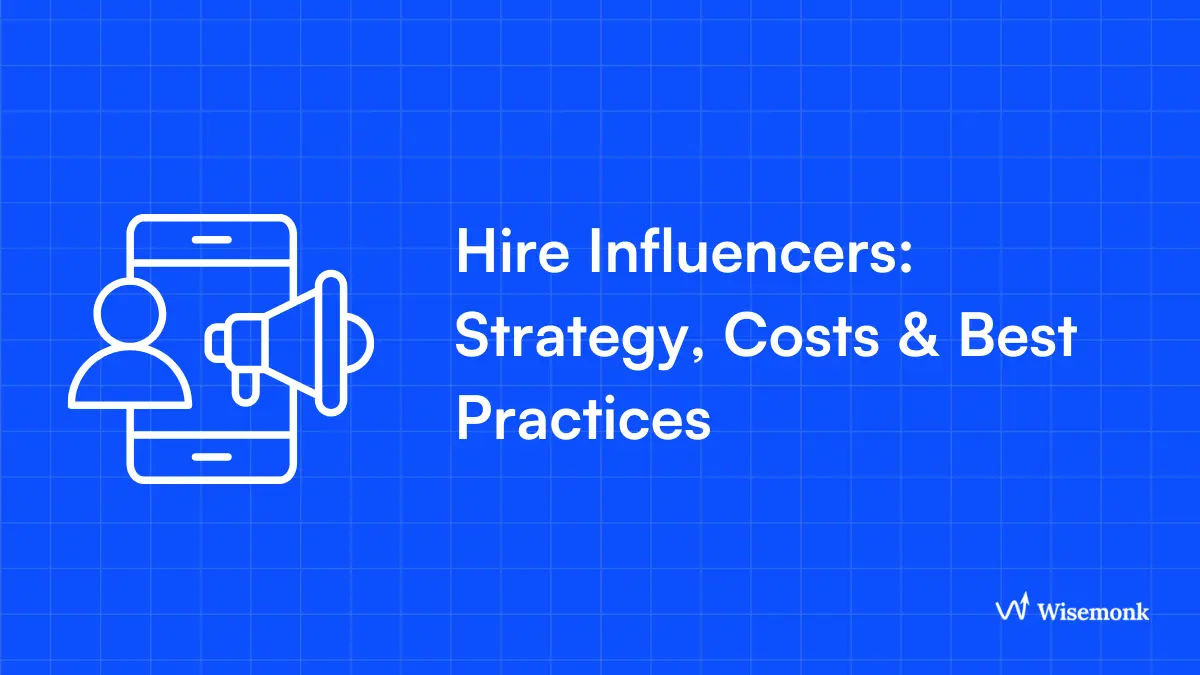
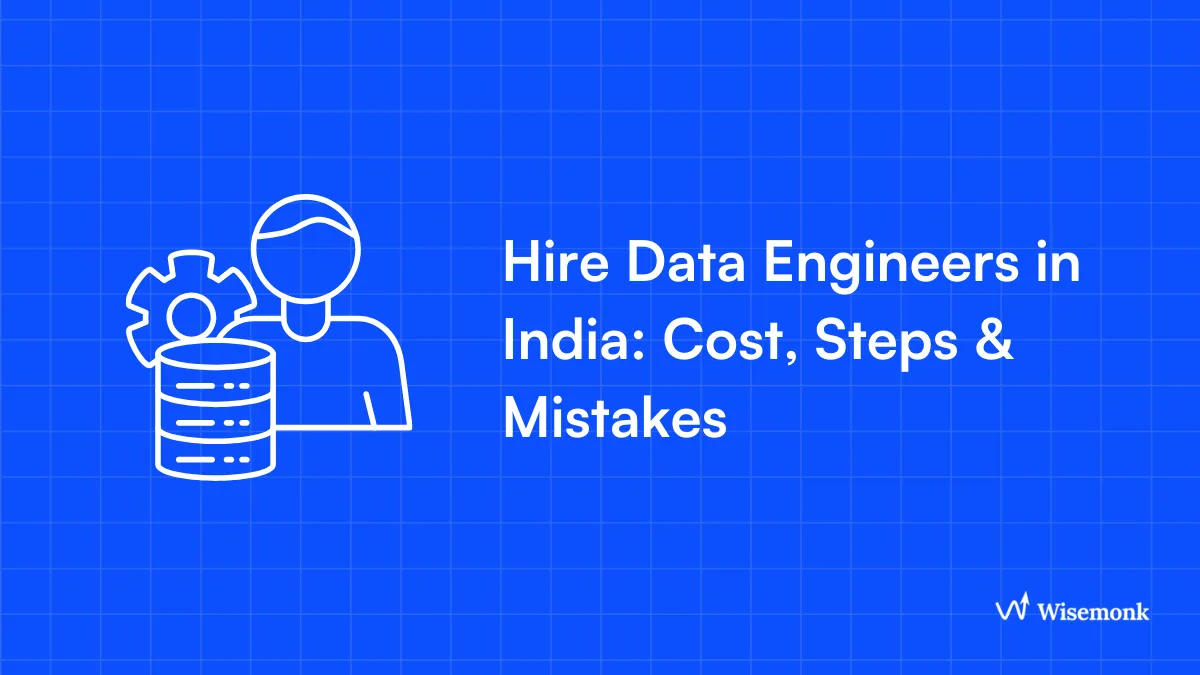
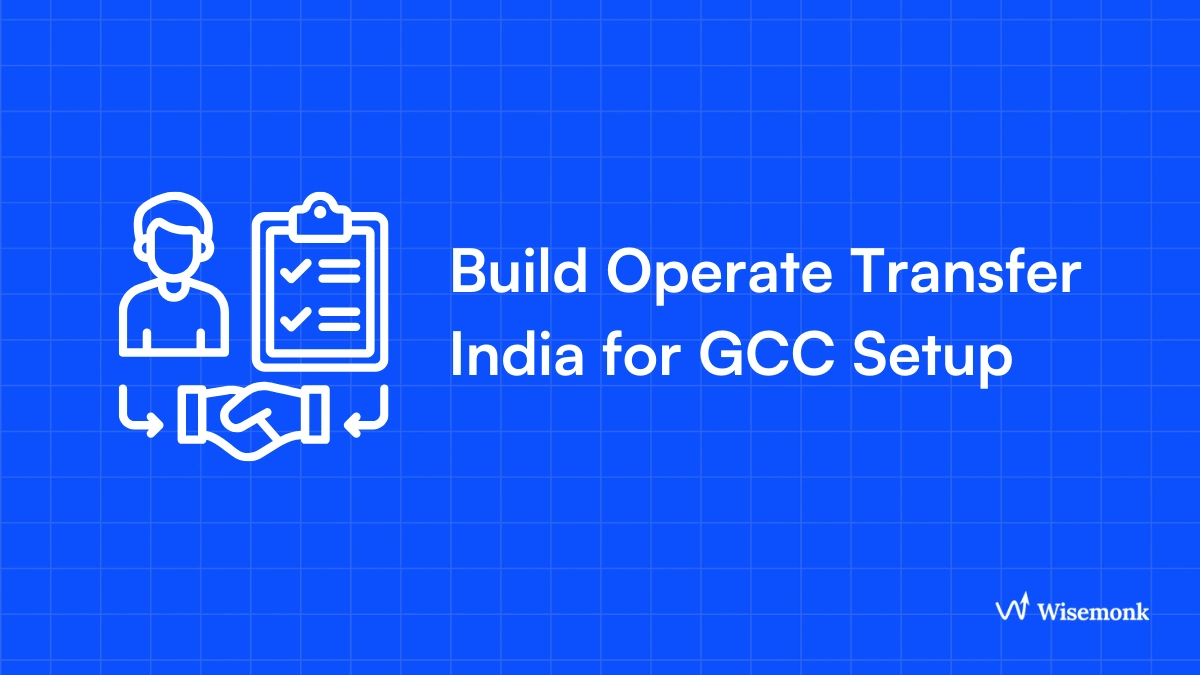
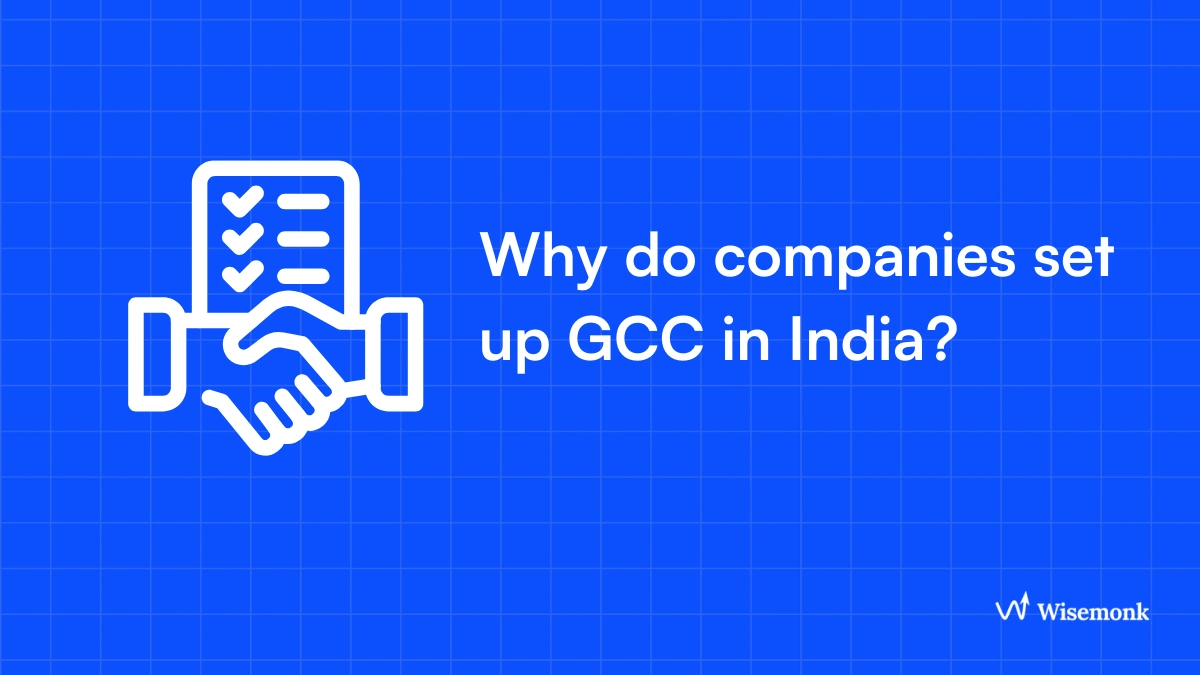
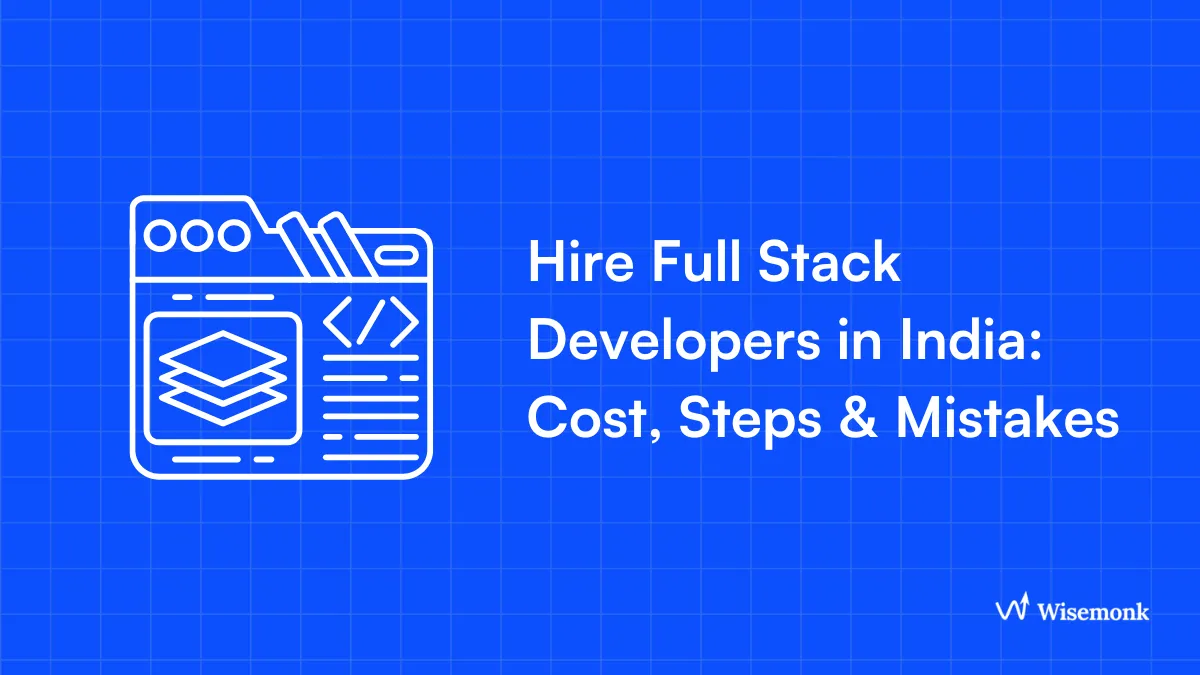
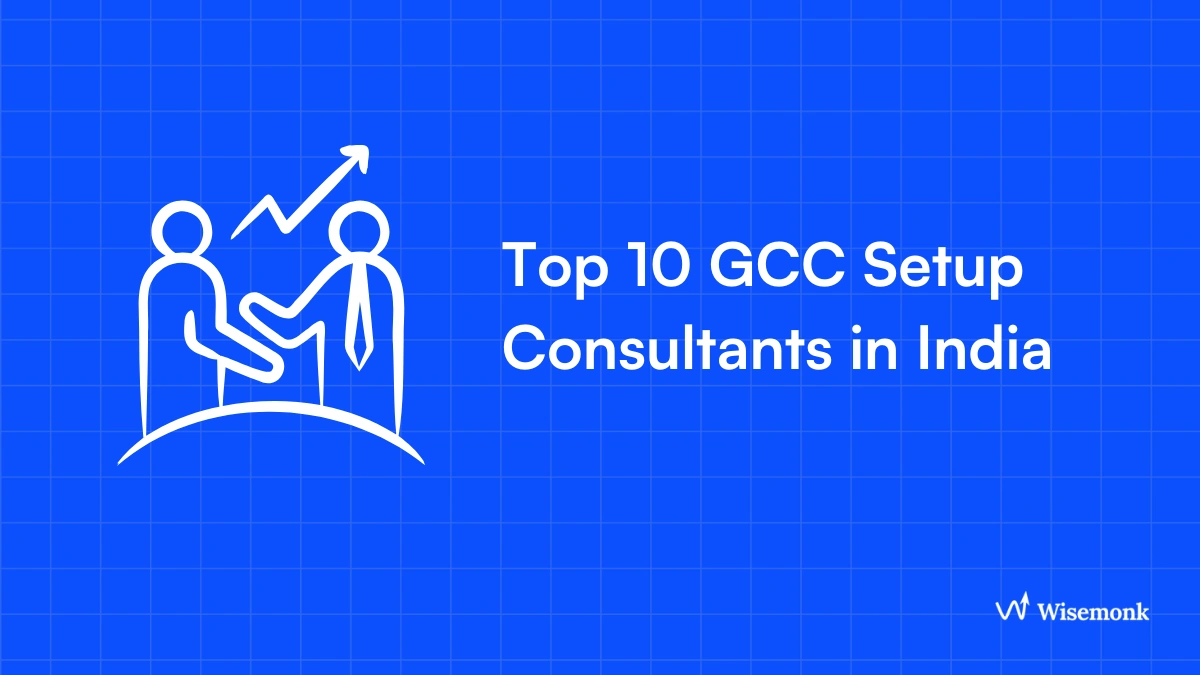
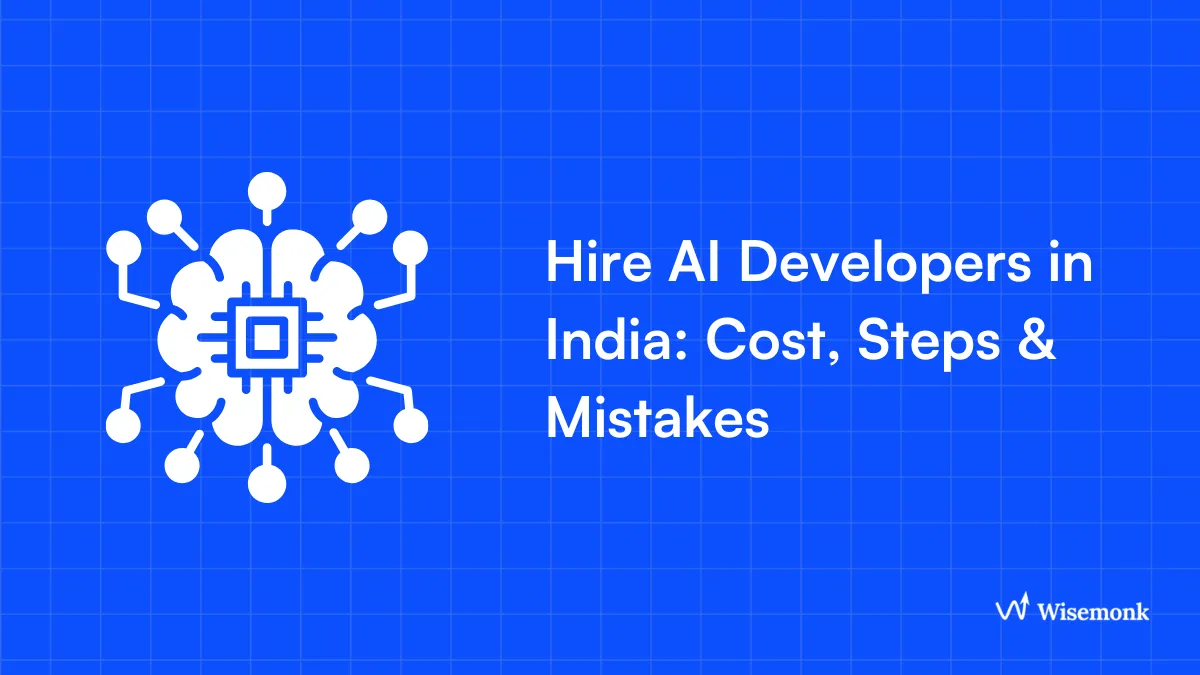
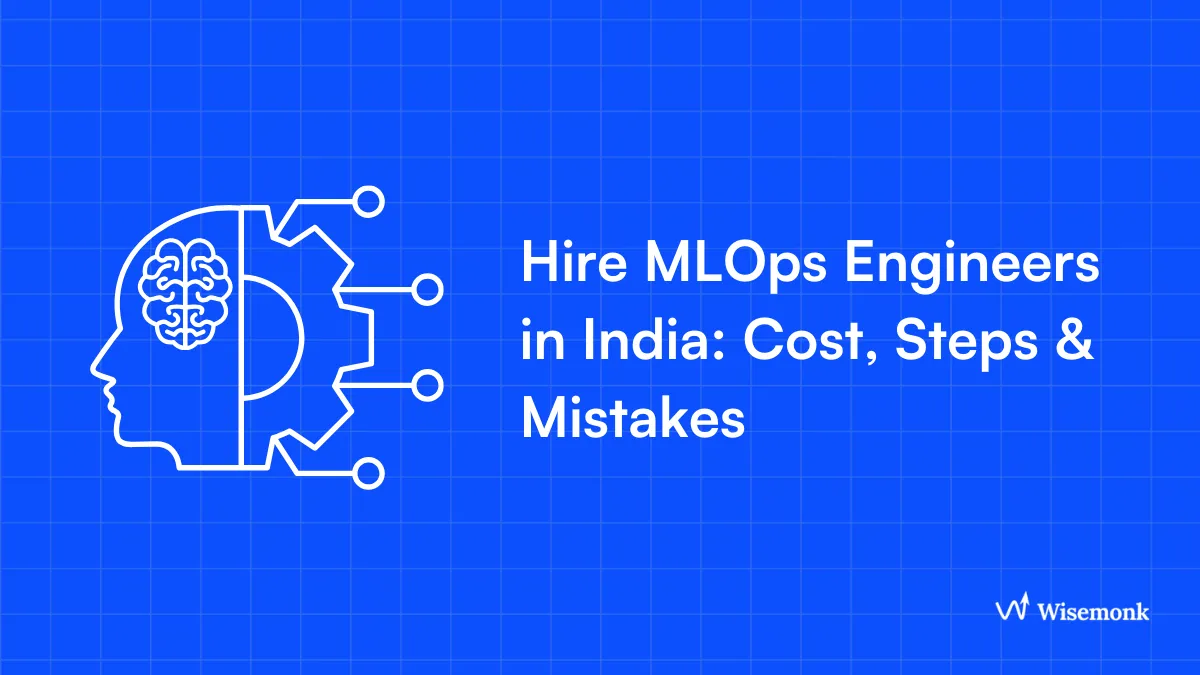
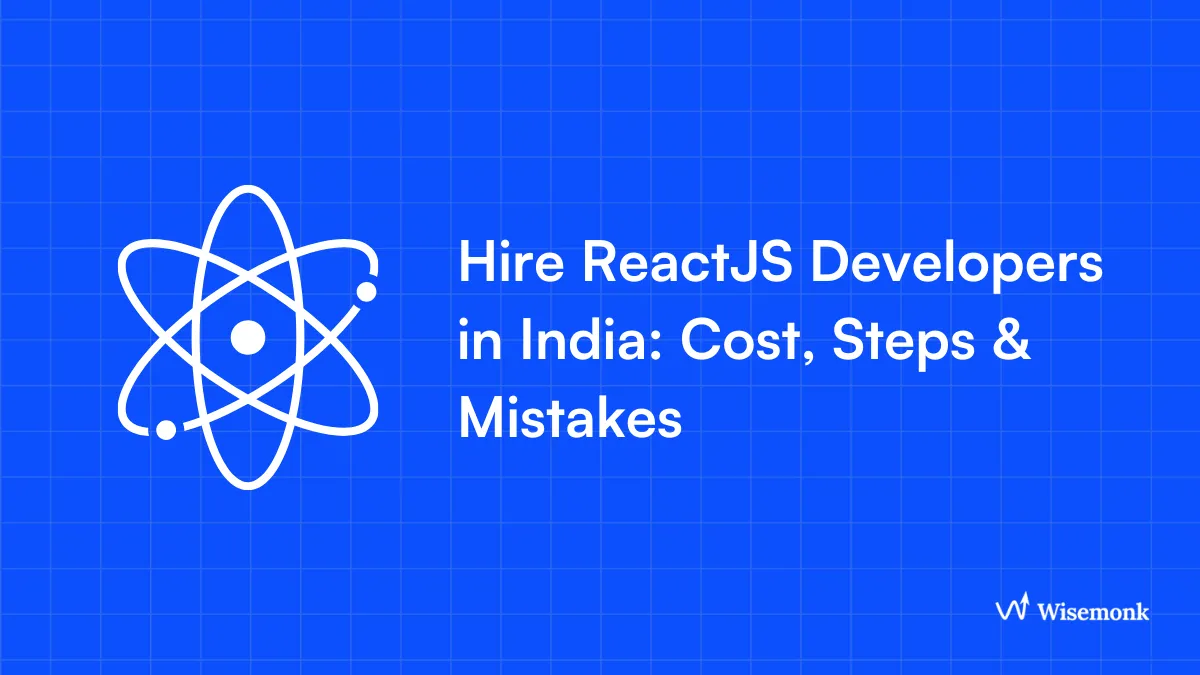
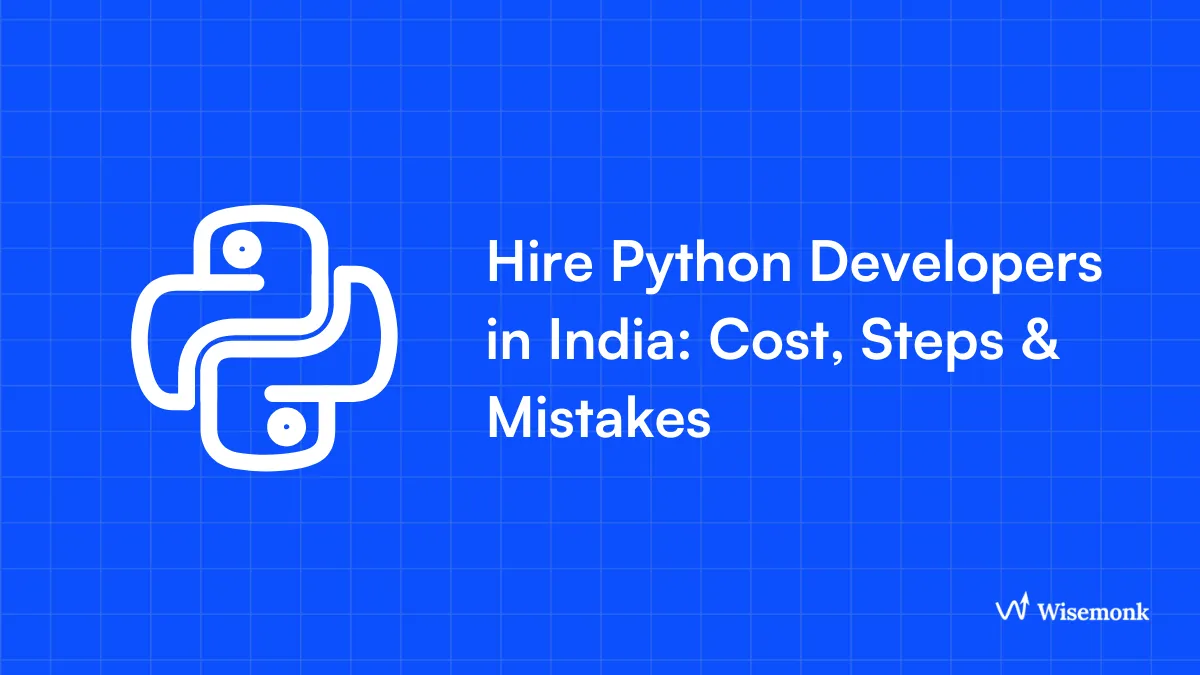


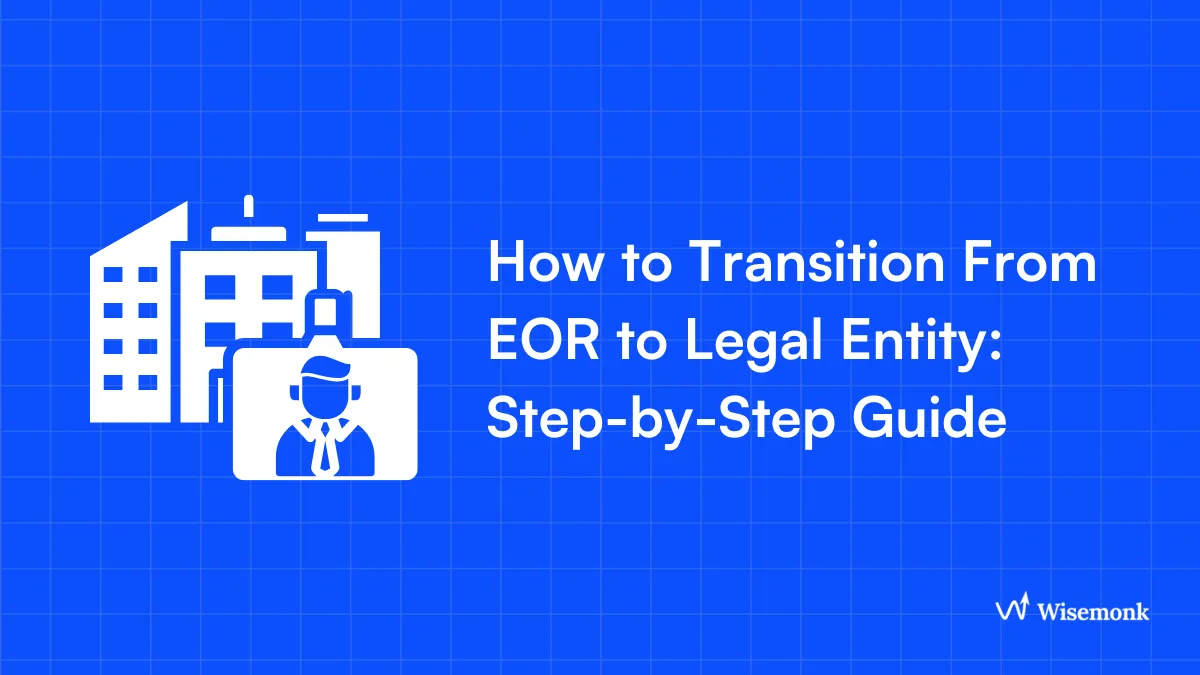

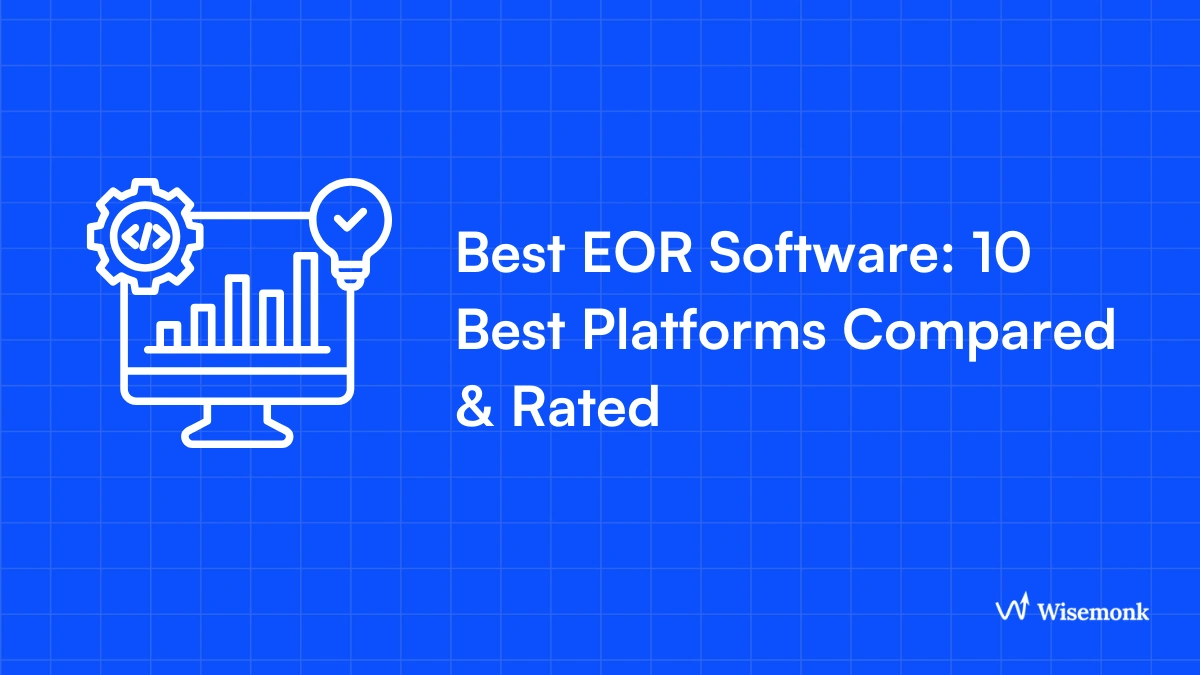
.webp)
.webp)
.webp)

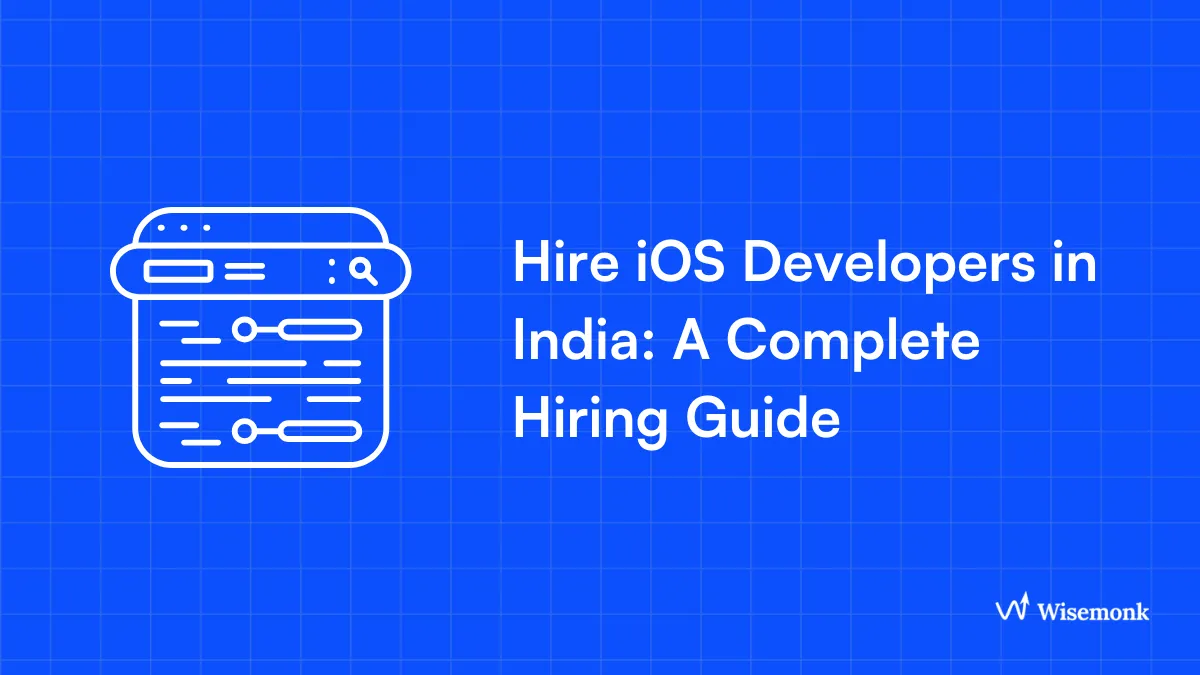


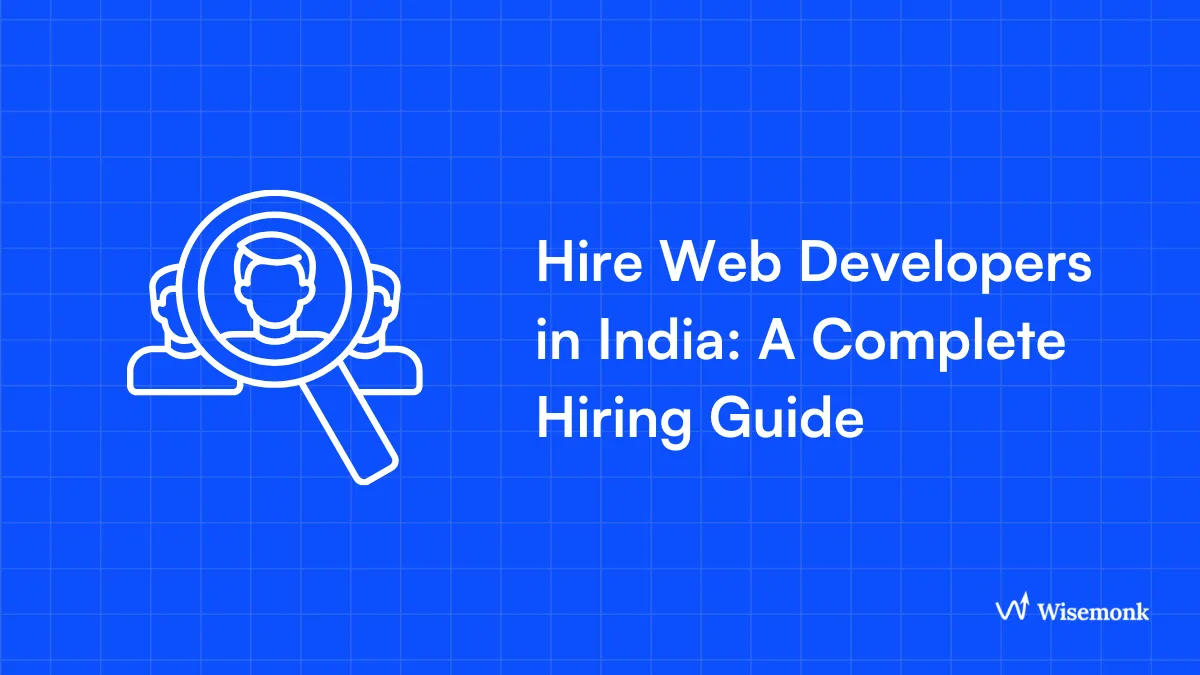
.webp)
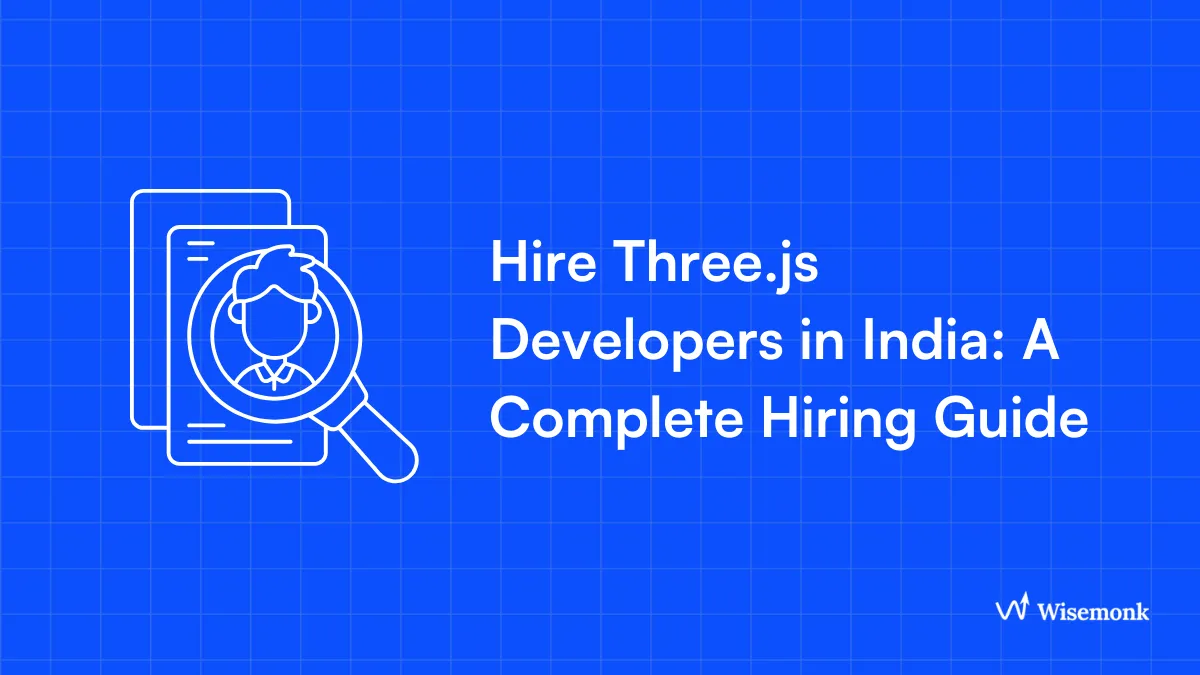
.webp)
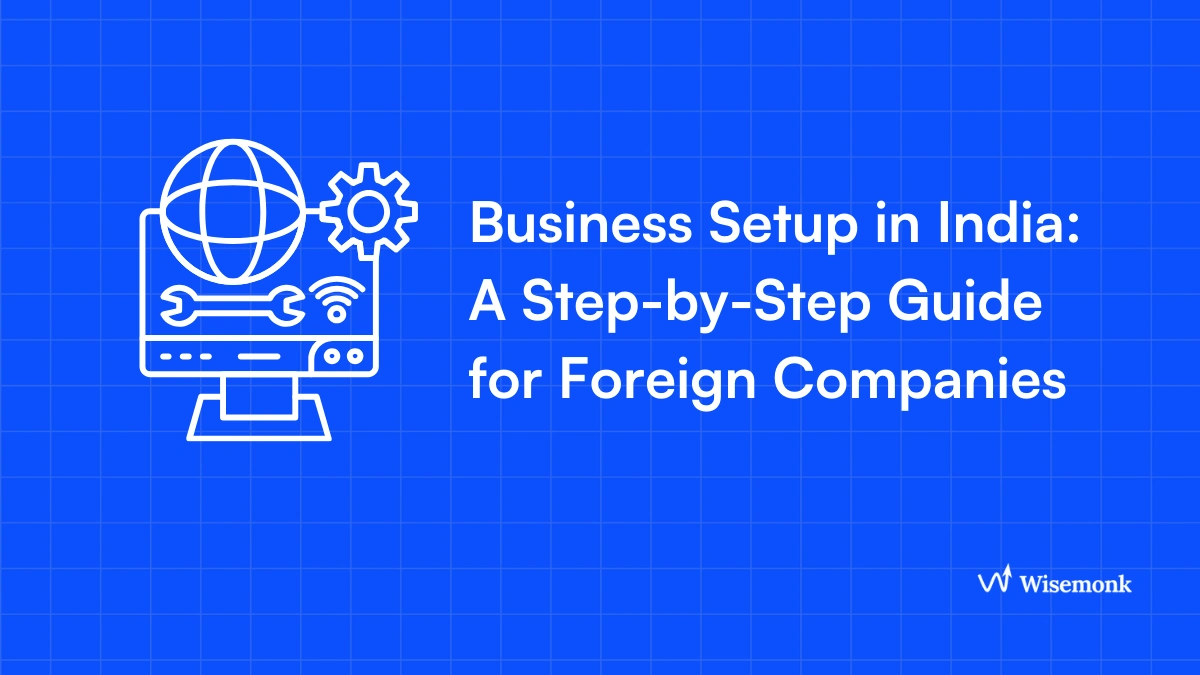

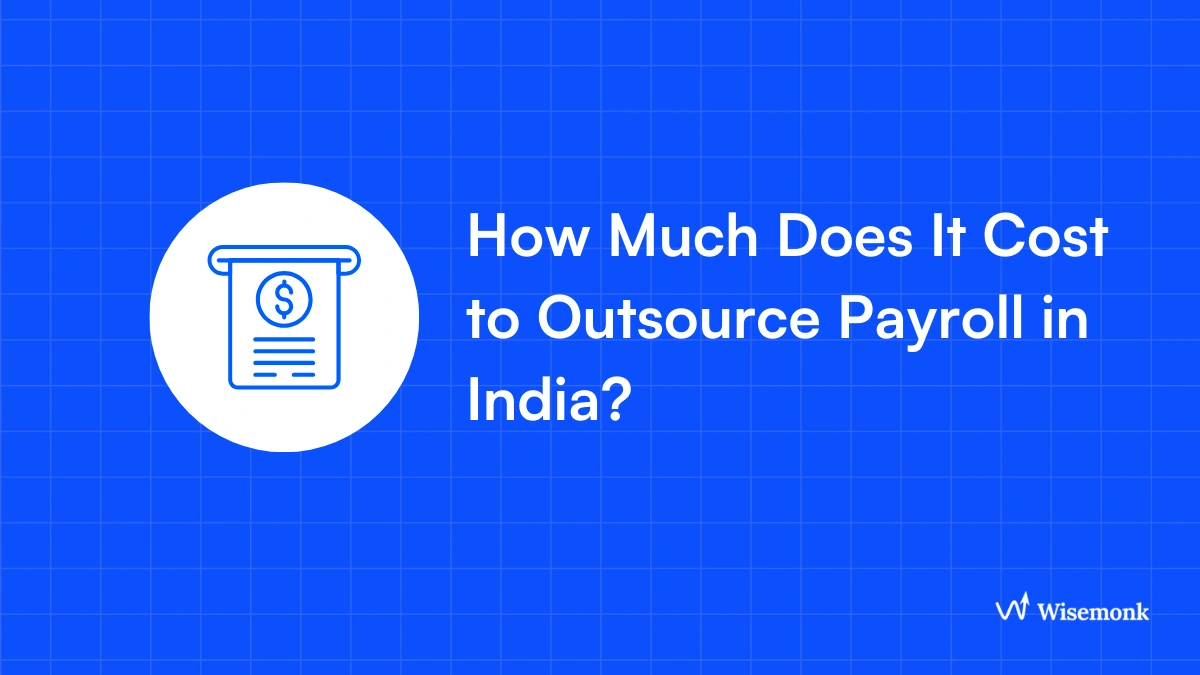
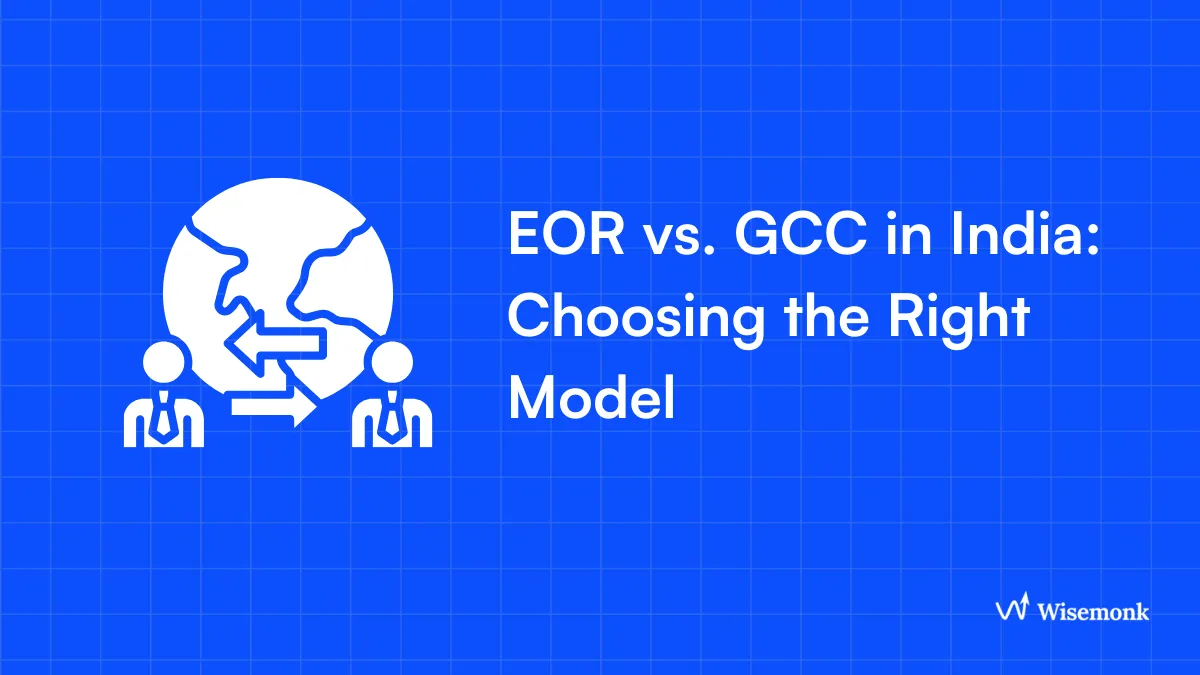

.webp)
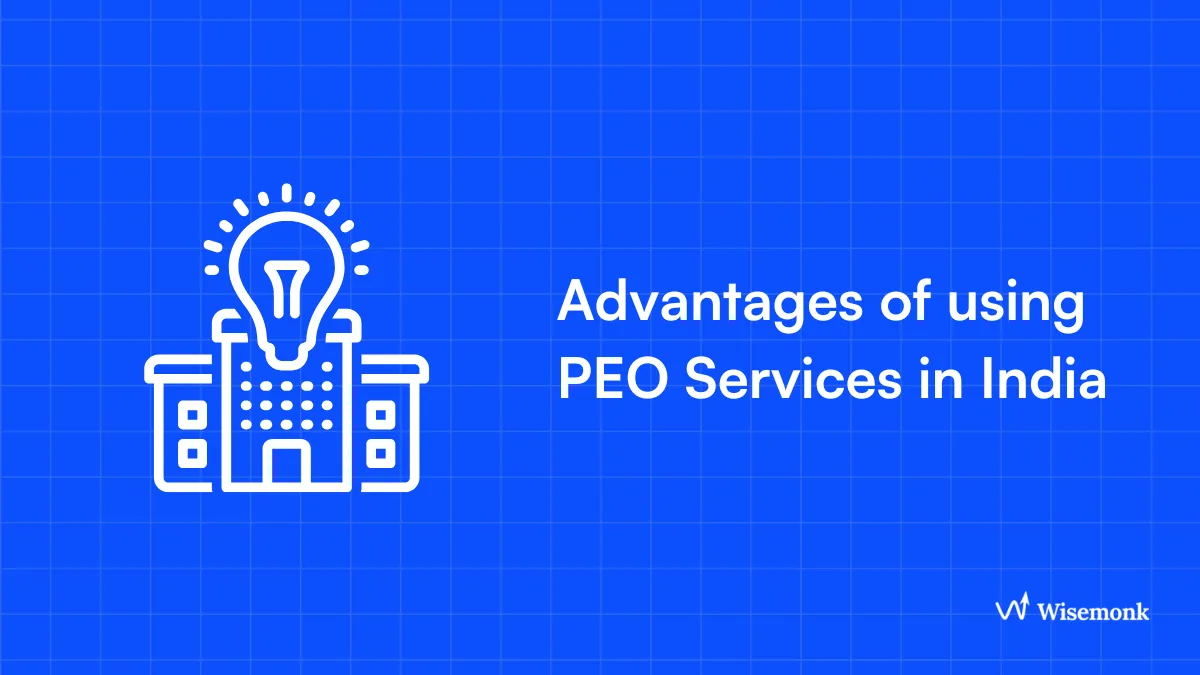




.webp)
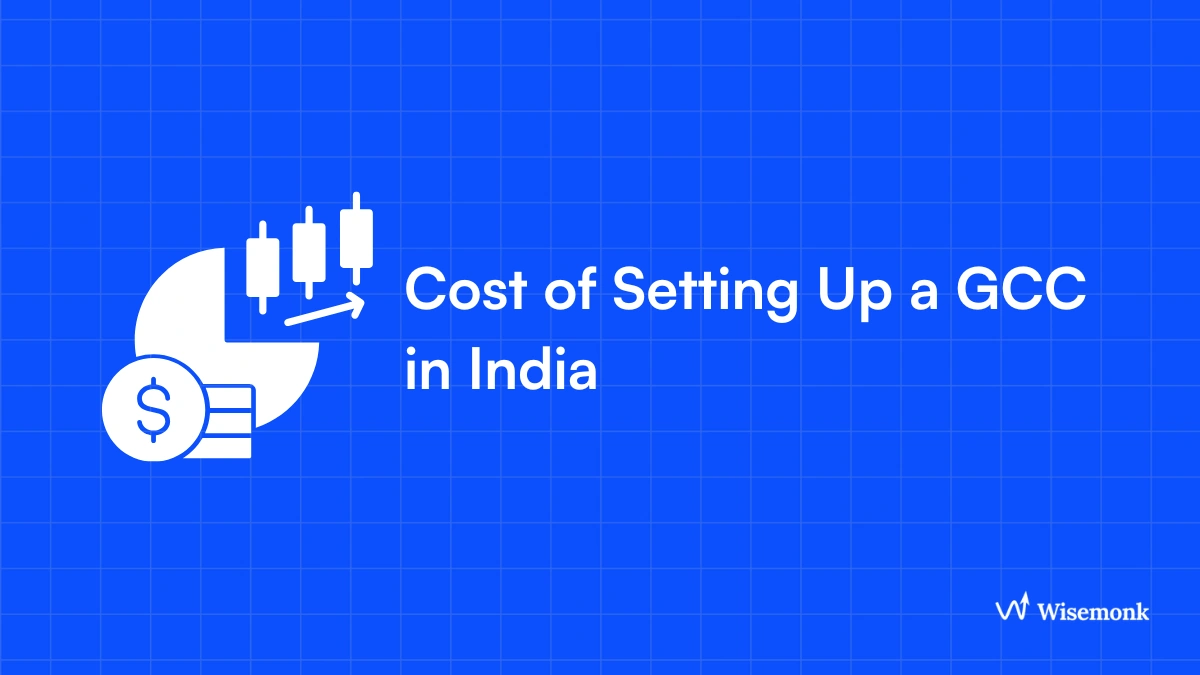
%20in%20India.webp)
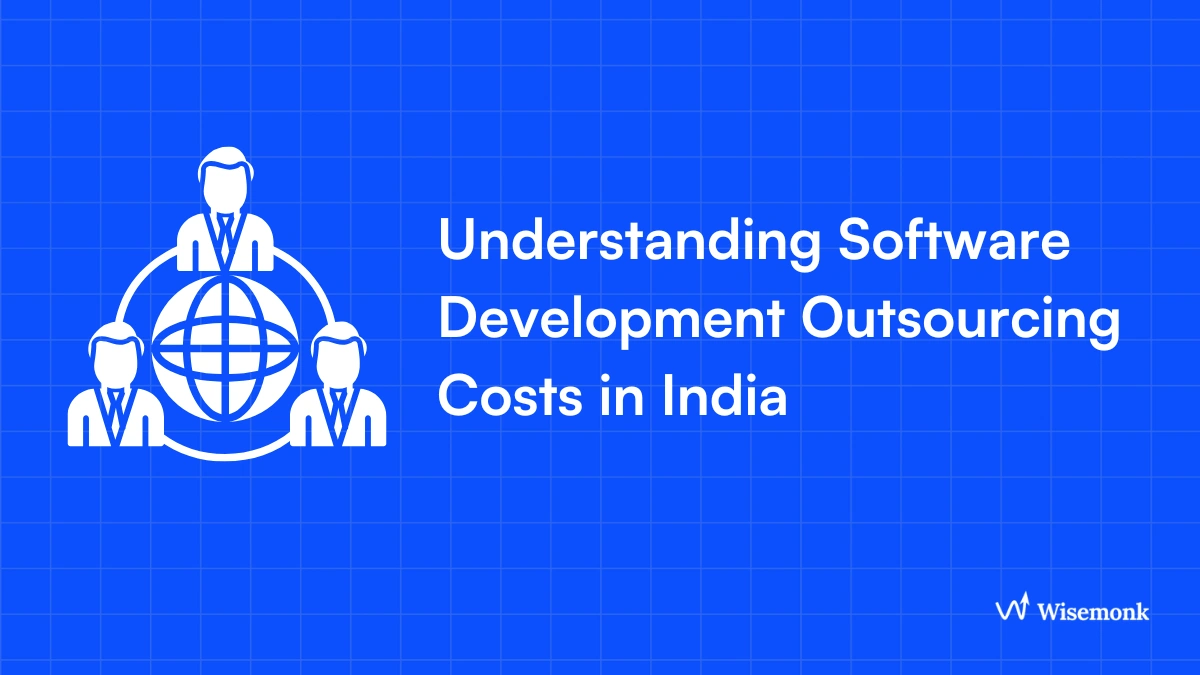

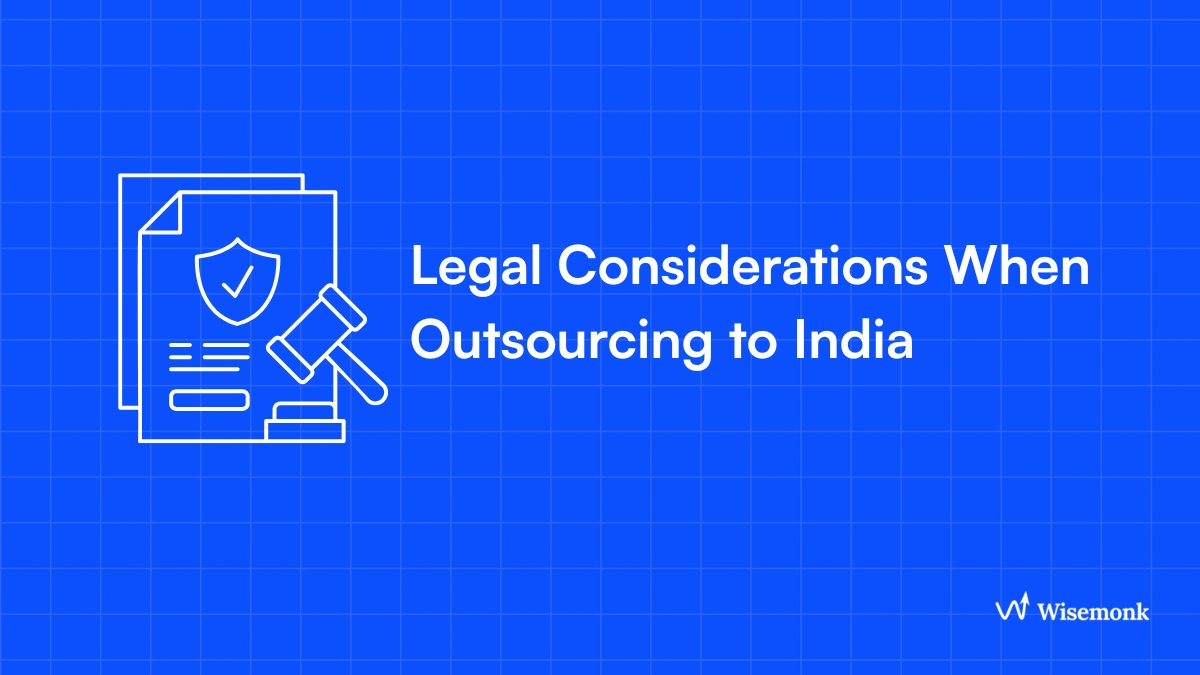
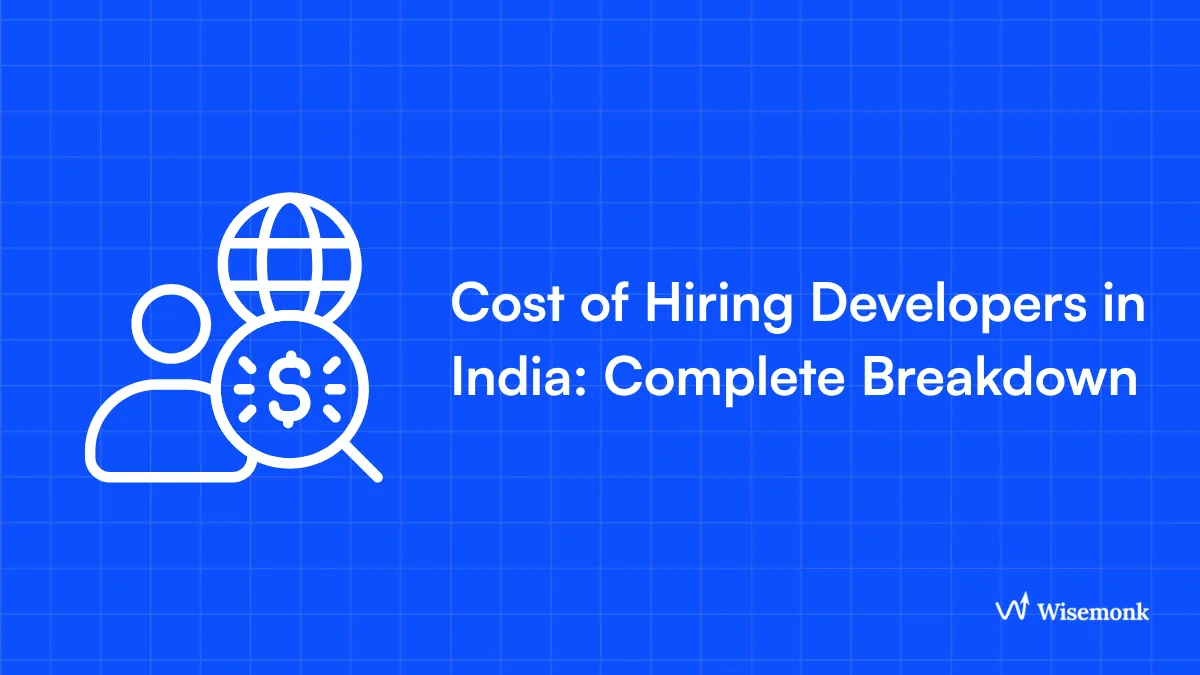

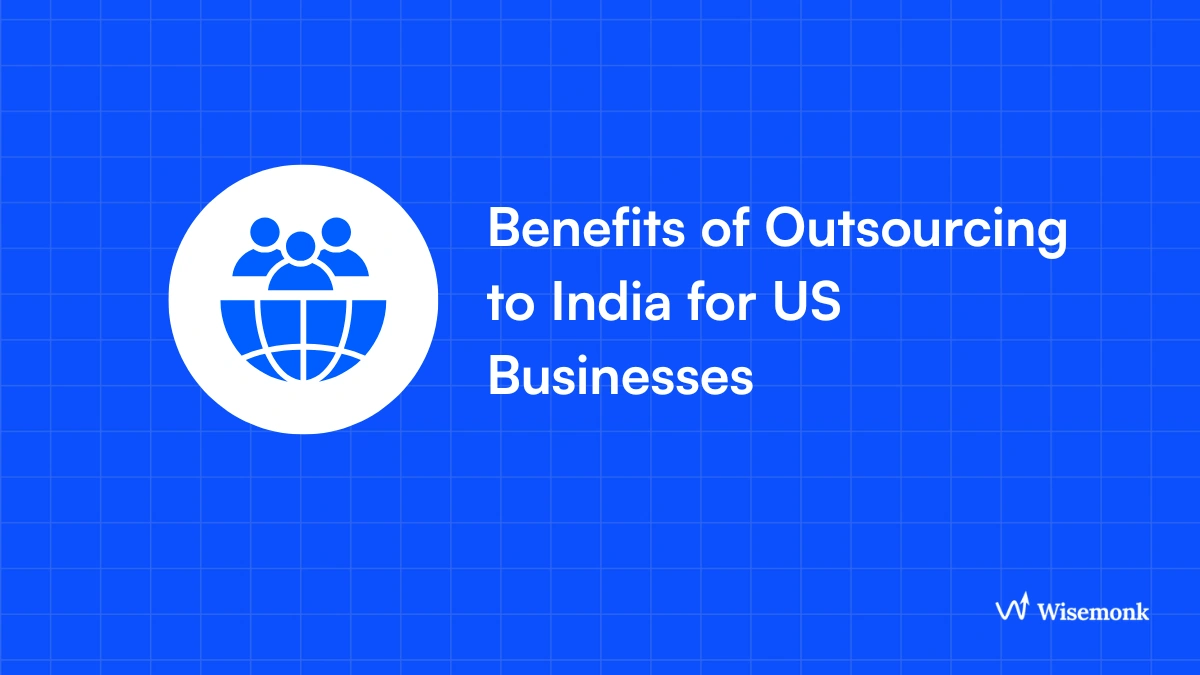

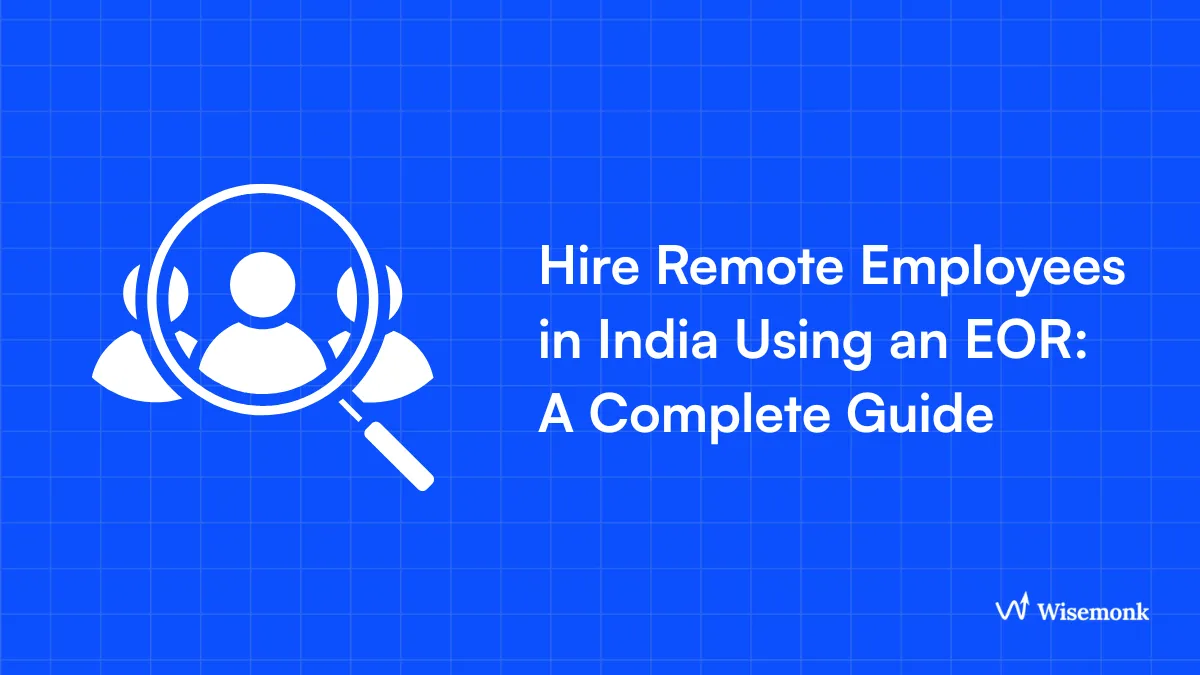


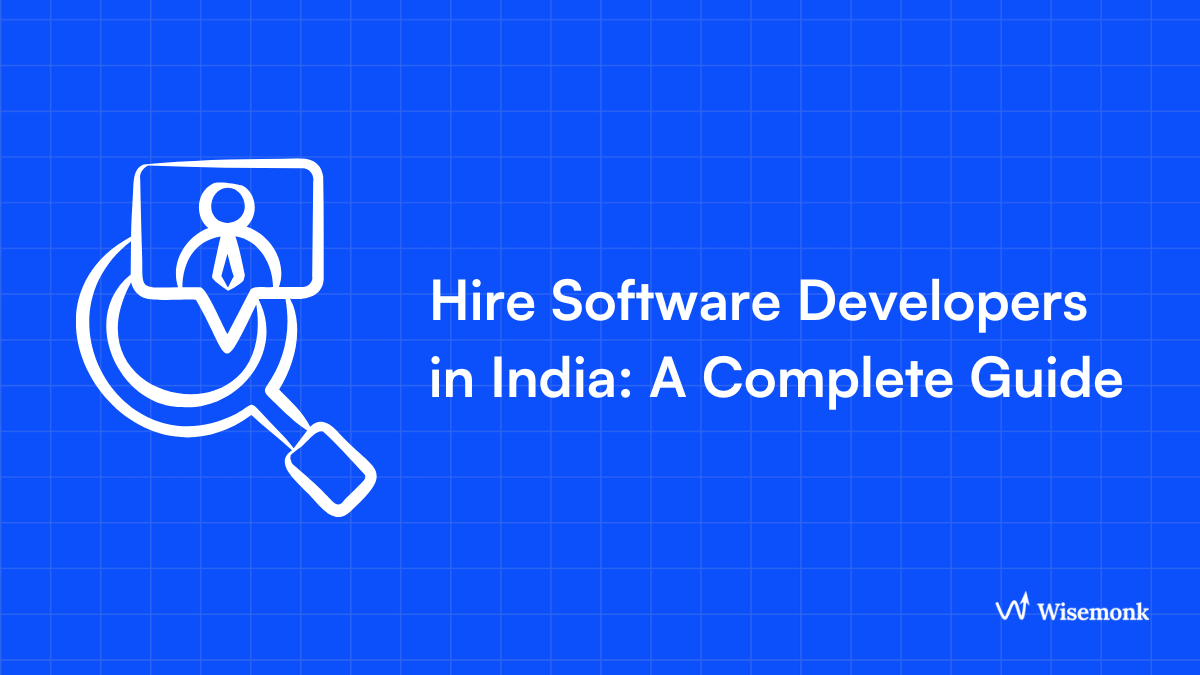
.webp)
.webp)
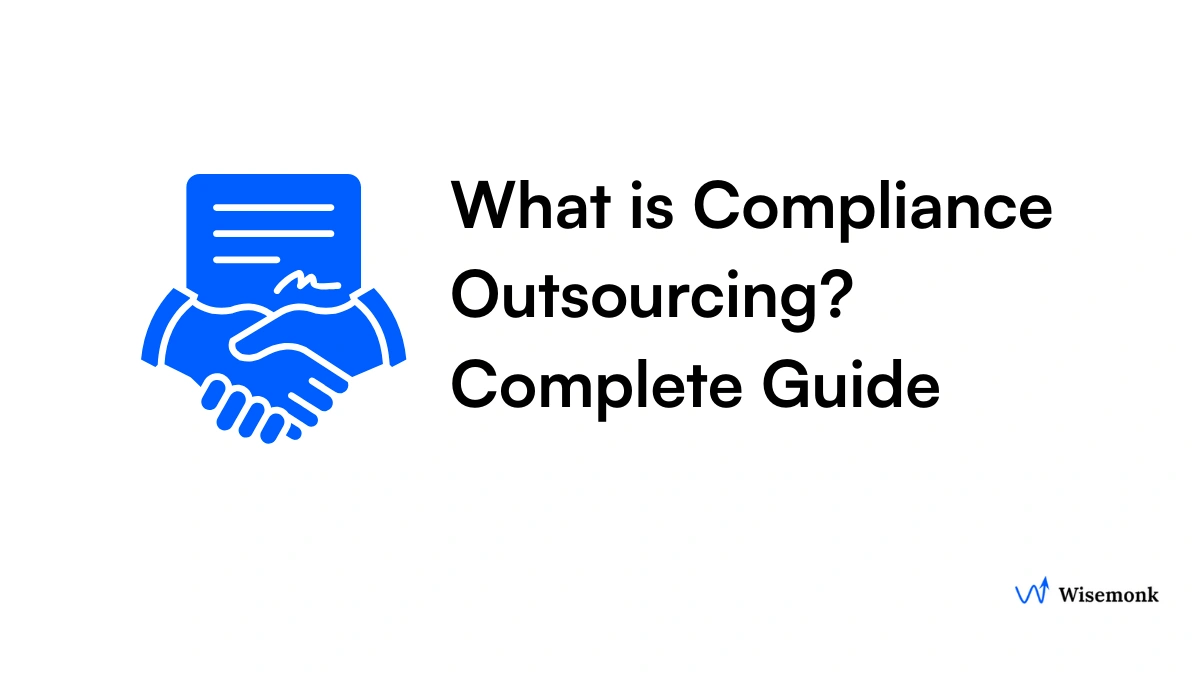

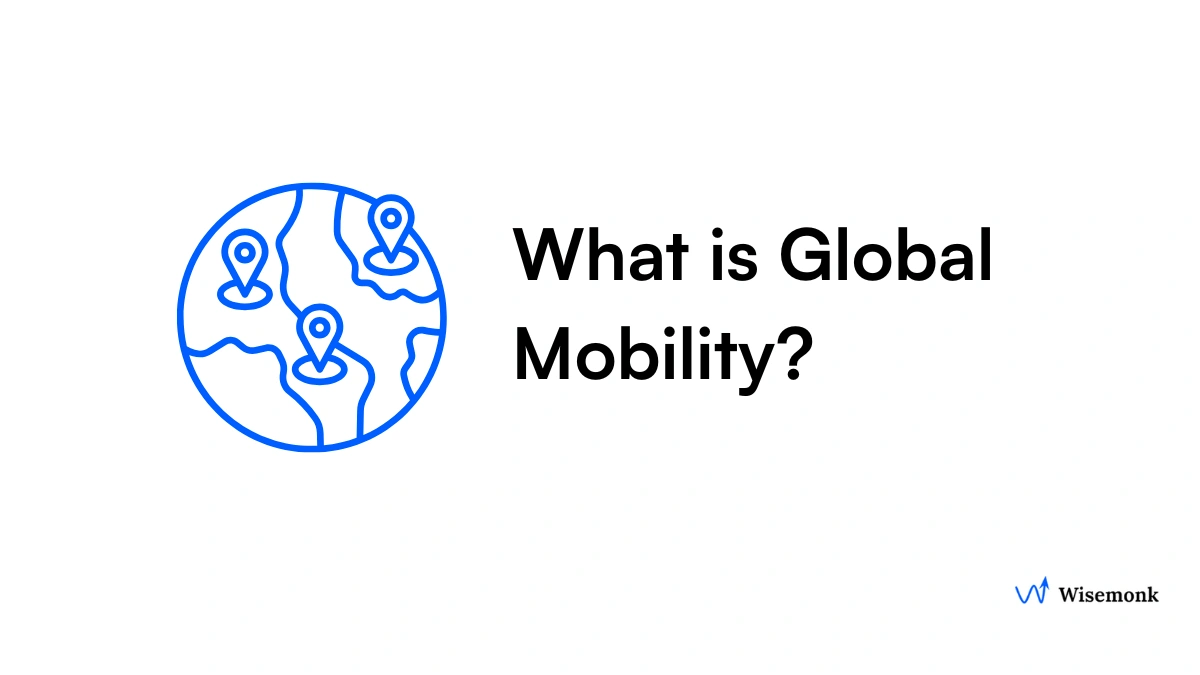
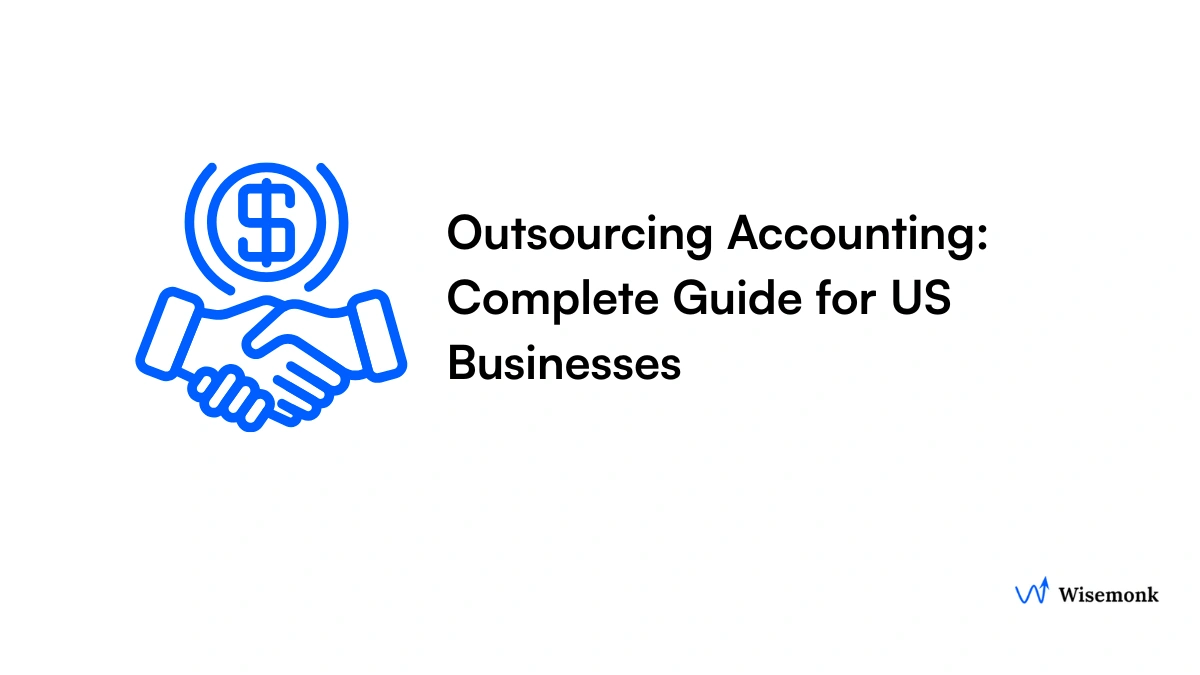
%20(3).webp)
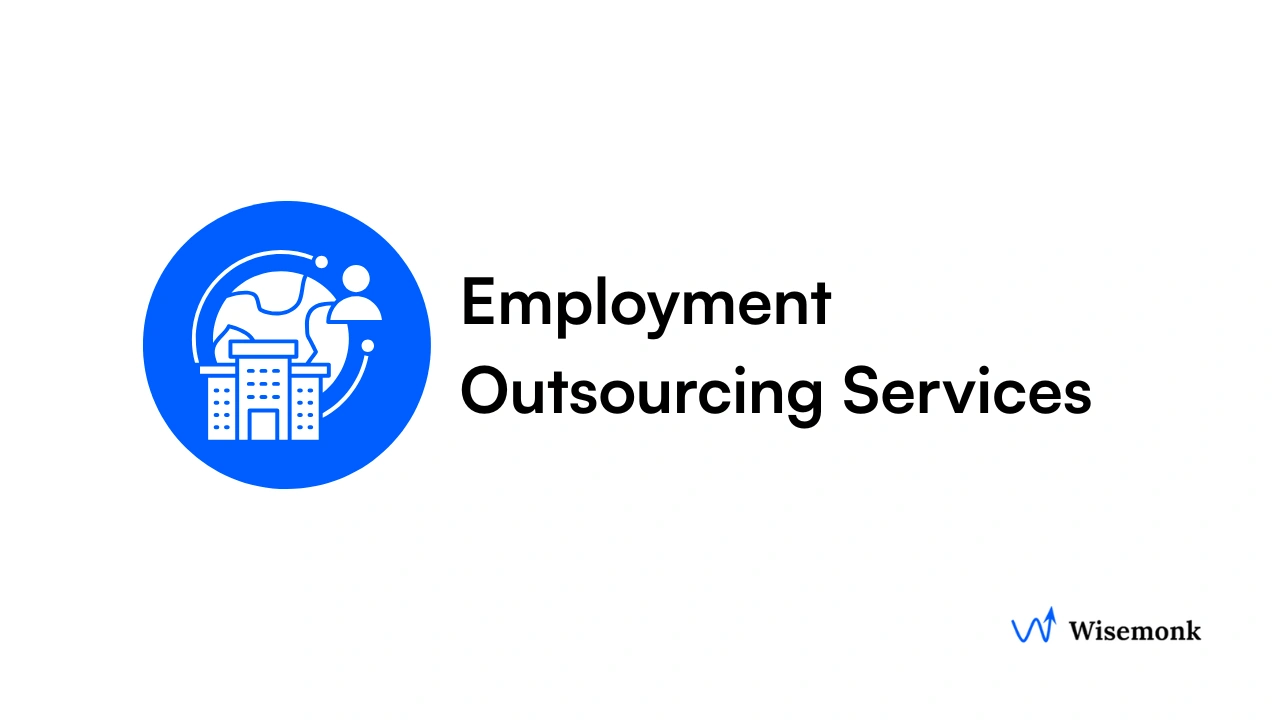
.webp)
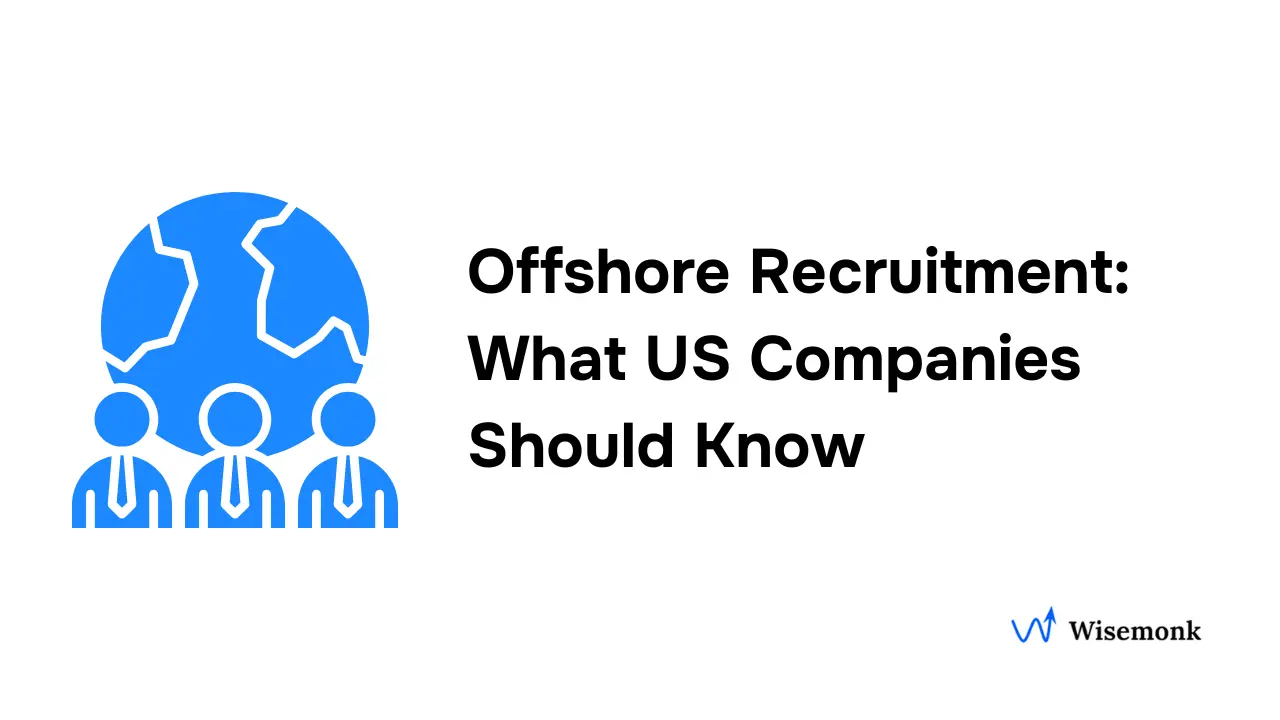

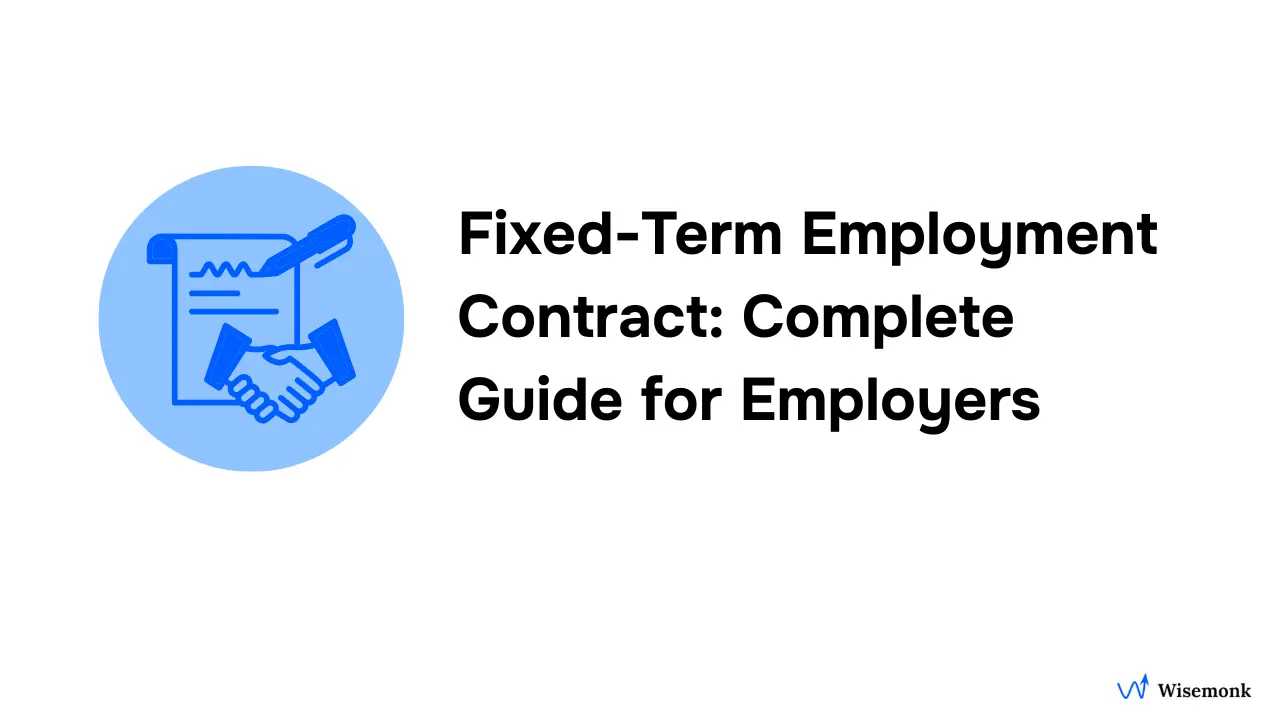
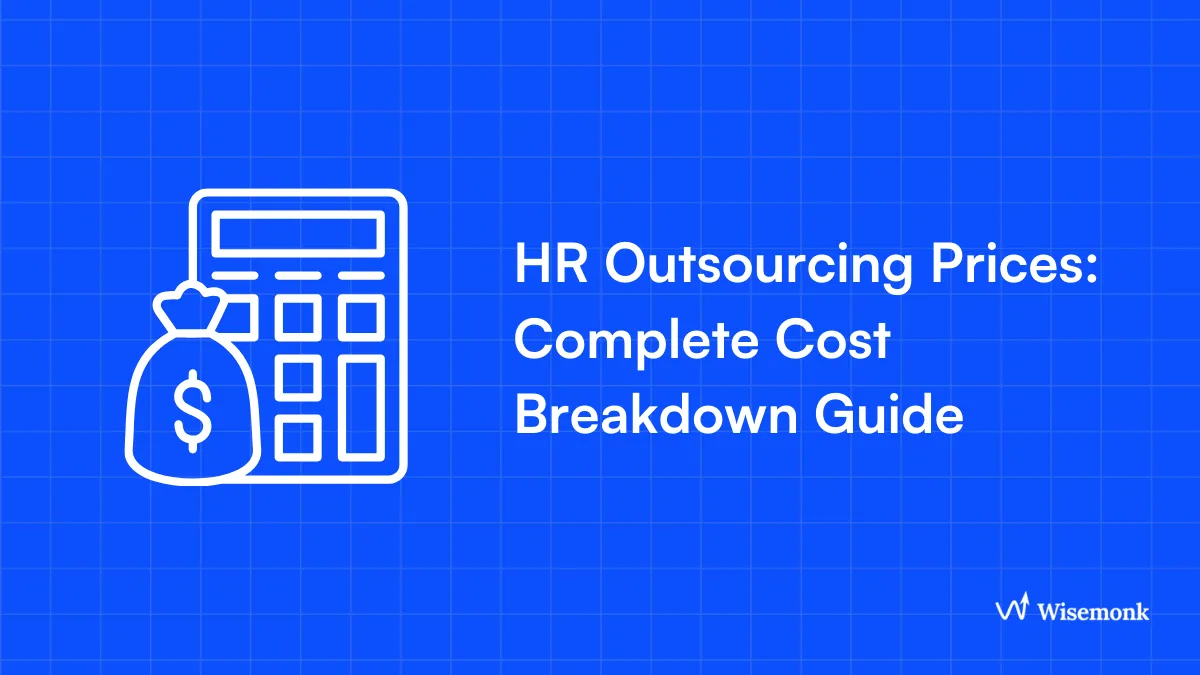
.webp)
.webp)
.webp)

.webp)

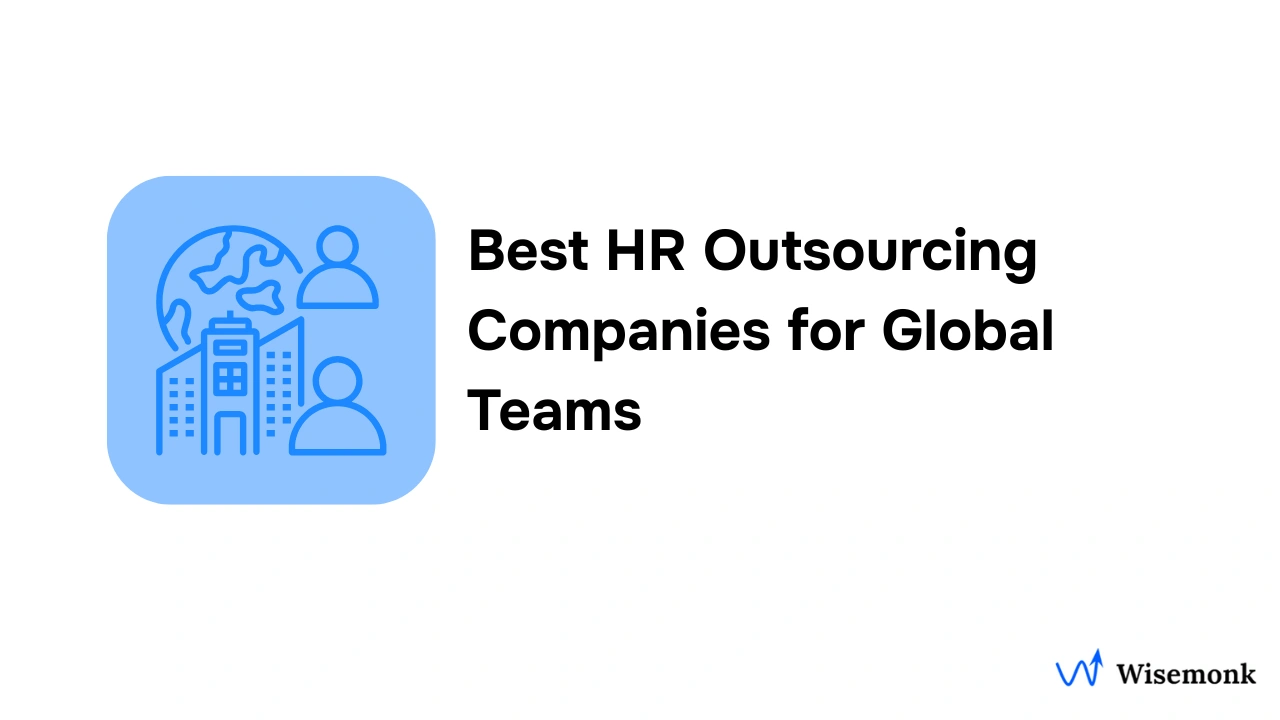
.webp)
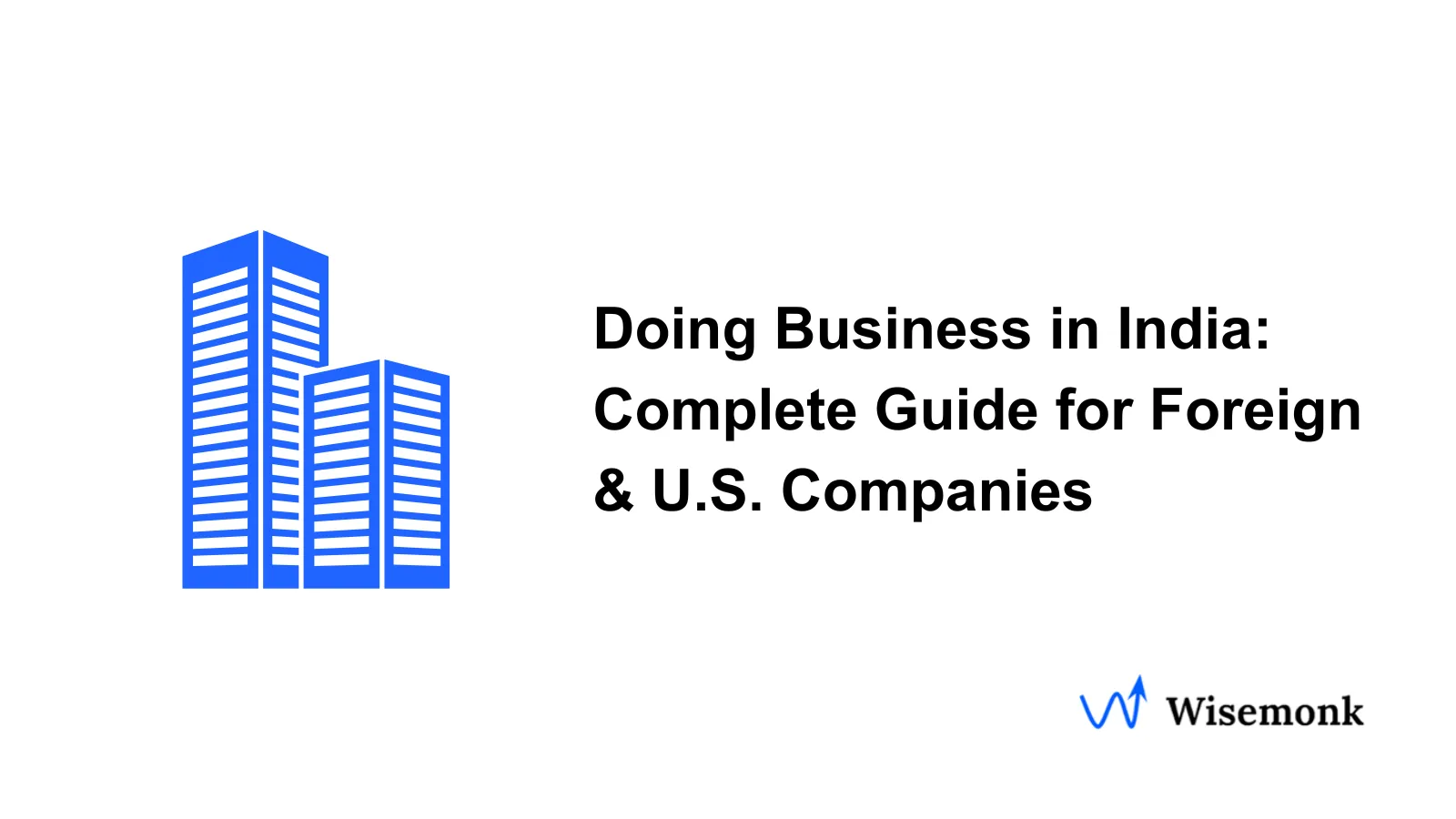
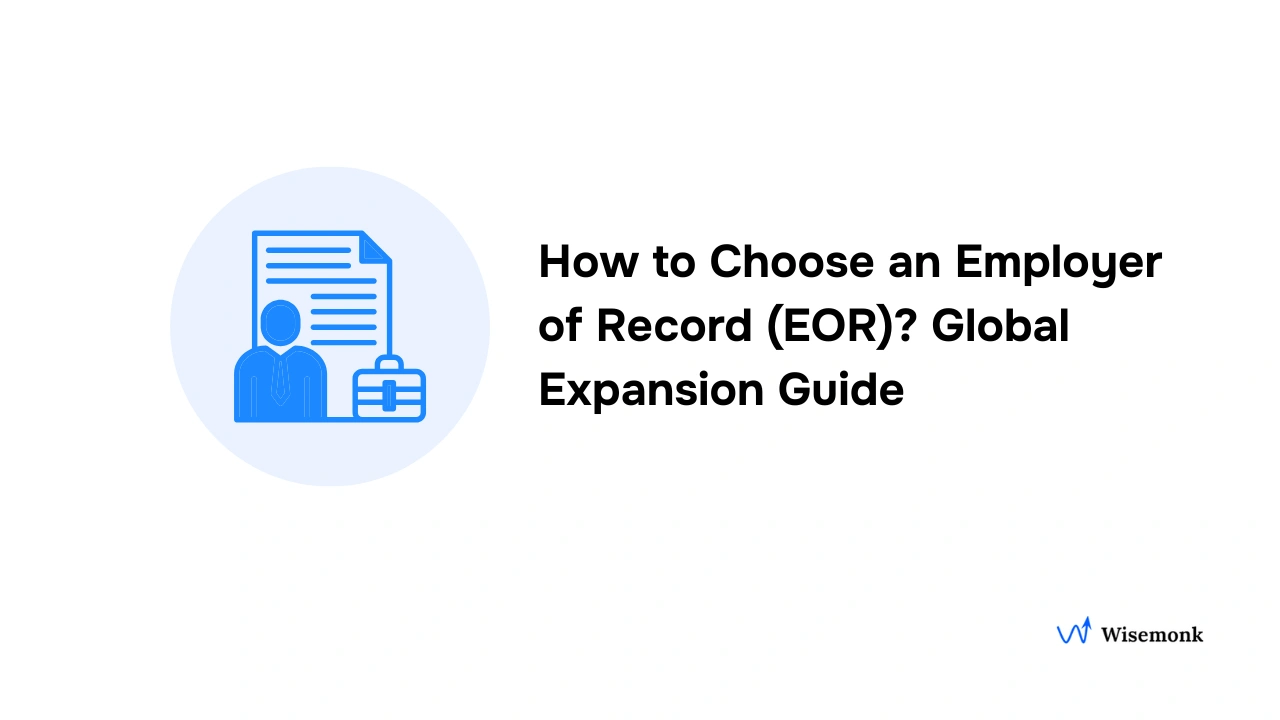
.webp)

.webp)
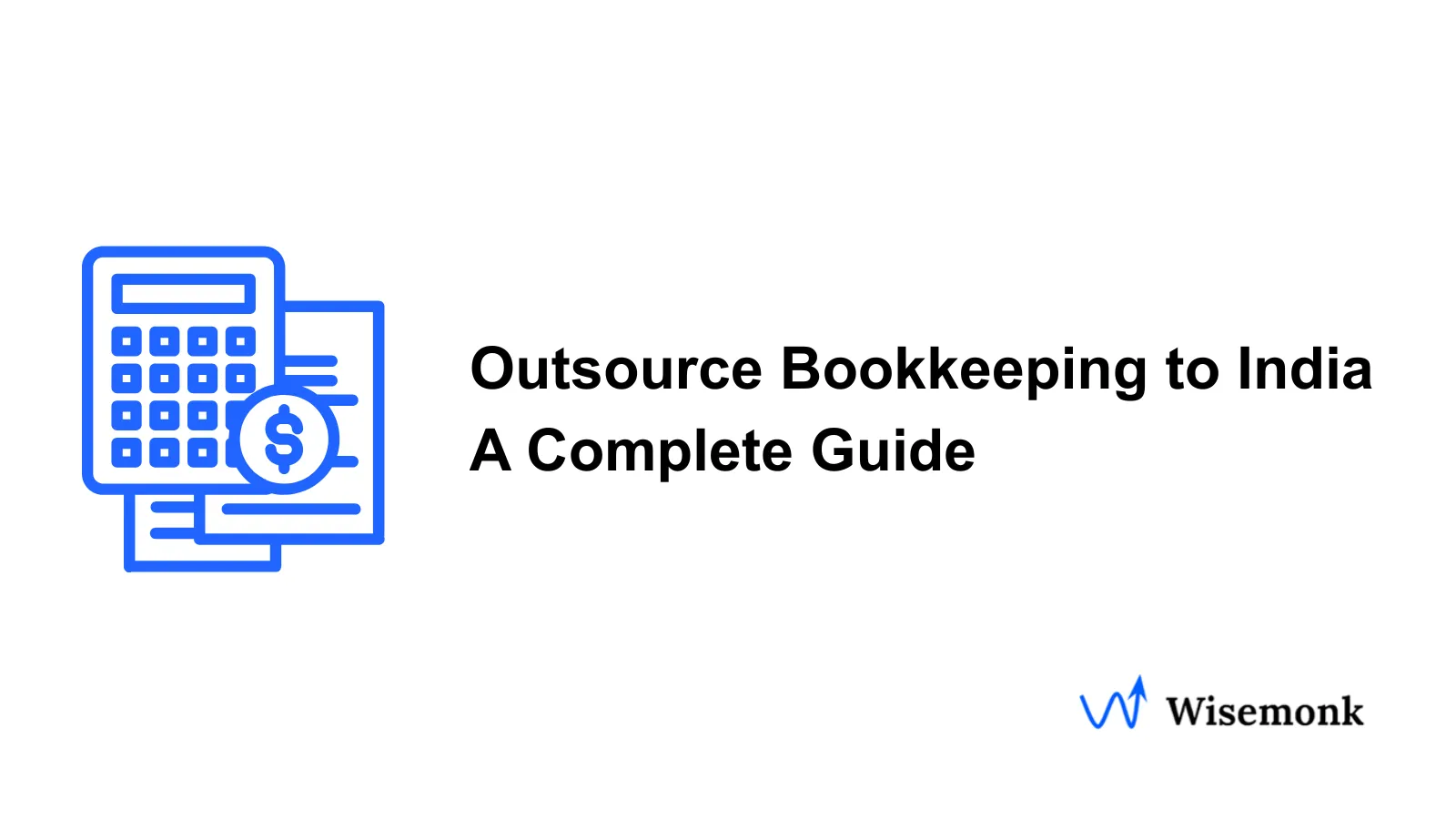
.webp)
.webp)
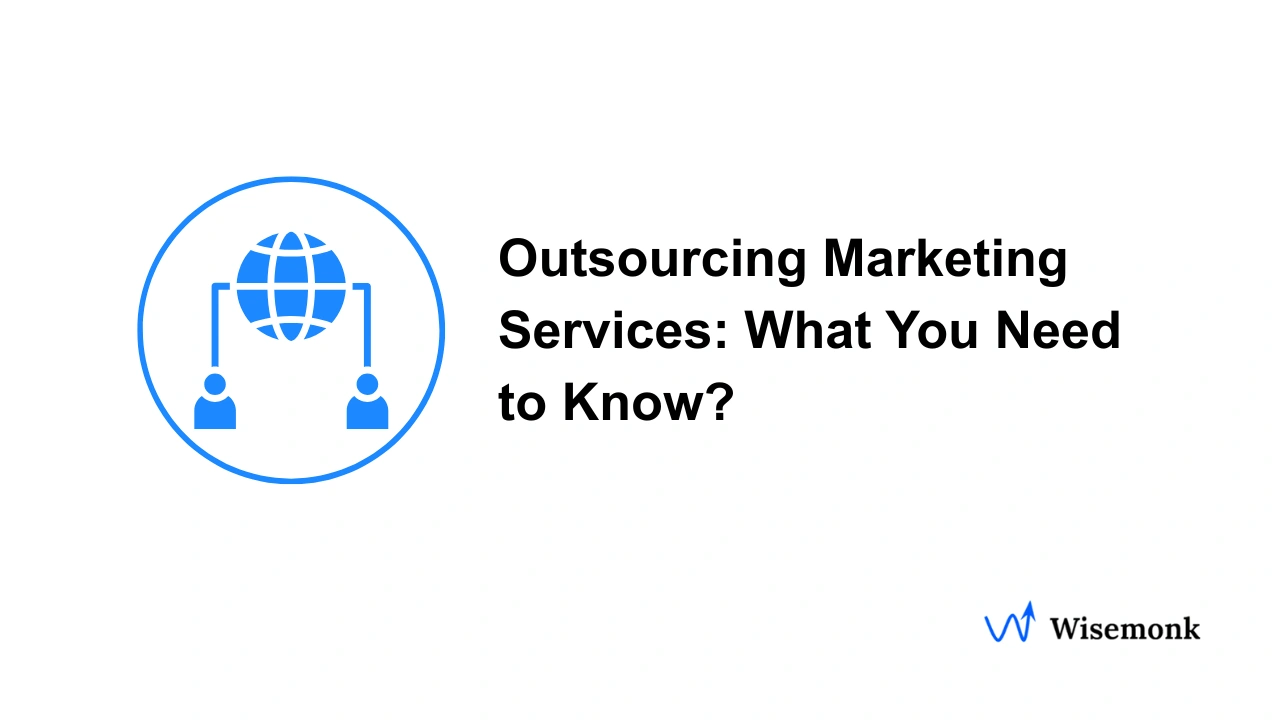
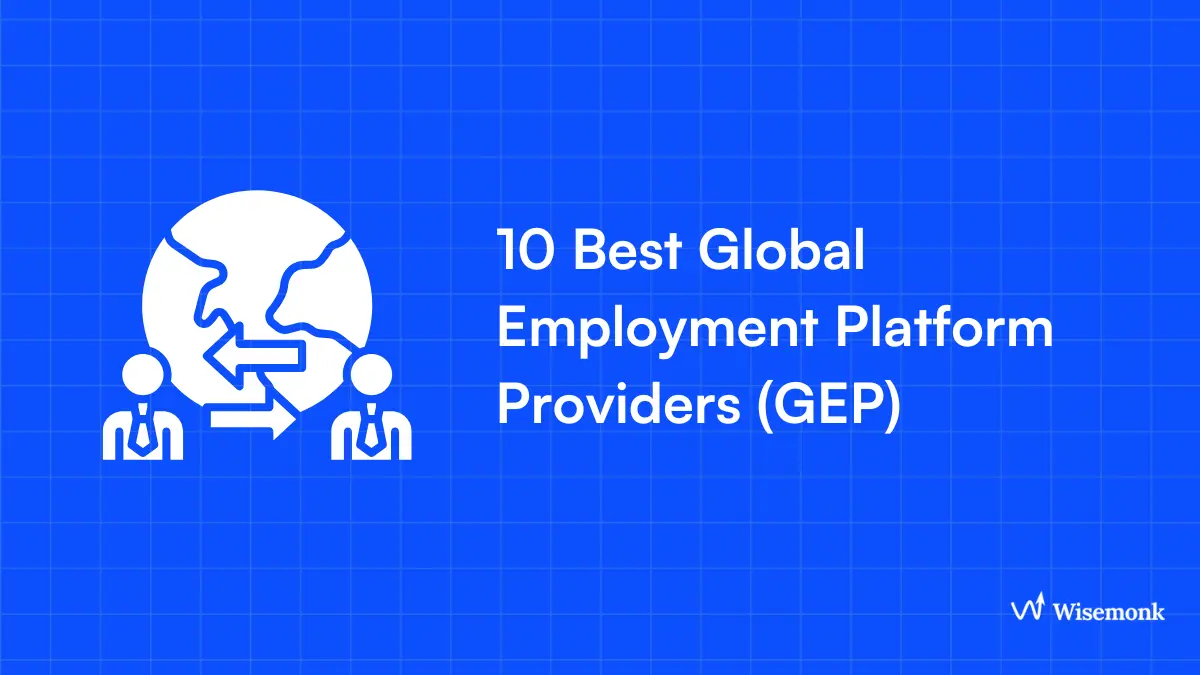
.webp)
